“When A Flower Blooms In Hell”by J.R. Rustrian Dear Nicon, It was so good to read your last letter and even better to see the care package you’ve sent me. I couldn’t believe that I’d forgotten my stash of sulfur and bones at home. I hope the latest paycheck is enough to pay for at least two months’ rent. We can’t afford to get evicted from yet another place and our latest landlord is just waiting for a chance to kick us out. It’s been an interesting time here at the Lake of Fire Recreational Area. I have to admit, I was nervous when I first started here, but I feel like I’m starting to settle into a routine here. My co-workers are much younger than I am, as most of them are barely starting their university training. It can be difficult to relate to them because most of the time they are sharing gossip about who is dating whom and what parties to attend that weekend. You know me, Nicon, I’d rather be at home with a good book of satanic spells, drinking an aged cup of blood. I spend most of my time here working alone, struggling to keep up with the younger, stronger demons. The work of a Recreational Assistant takes a certain amount of effort and I often find myself falling behind everybody else. I’ll tell you something, Nicon, loading meat wagons full of rotting and flailing human carcasses is tiring work. My coworkers make it look easy, and I suspect they don’t like to work with me because of that. I’ve found it easier to just go off by myself, clean up charred human bones and remind myself that the money here is much better than what could be made back home. Thoughts like that keep me company when I’m out in the field working, or else I’d throw myself into one of the lava pools with the rest of the damned souls. On the third day, they put me to work moving and re-staking the Impalement Gardens. It’s tough, messy and tedious work. The impaled souls wail in torment as you lift up the stakes and reposition them, leading the eyes of relaxing demons and fallen angels square on you. I’ve never been one for the limelight, and so I try to finish my work as quickly as possible so I can run back into the safety of the recreational center. Days like those make it tough to not call it quits and come home, but then, I’m reminded of our struggles. The meager rations. The ragged clothes. The long days of begging. Yeah, I’m not eager to go back to that. If that means I have to work endless days physically eviscerating every single damned soul that crosses the lake, then so be it. Don’t let that be a sign of despair, Nicon, but rather just thinking about if I had chosen a different path in this afterlife. I’m writing to you during my break so I better wrap this up. My supervisor, a peppy demoness not too much older than myself, is going to show us the latest in skinning and flailing technology and I have to say, I’m not the least bit interested in relearning something I learned in grade school. Take care, brother. Hellishly yours, Aza *** Dear Nicon, The days have started to blend together. I wake up every hellish morning to the swirling maelstrom above and frown. It takes me back to our days off from school, when we would try to entertain ourselves in the empty poison mounds near our home. We would stare up at the gaping hellmouths above and try to count the endless human souls falling to their doom, before falling asleep to the sound of mortals suffocating from the toxic sludge around us. Those were better times, brother. It brings me some comfort in the lonely, tiring days here. Lately, they’ve been working me to death on the torture racks, which require resetting after the body breaks apart. I must’ve reset the same soul over fifty times yesterday. The other demons don’t seem to mind it, but it’s just so repetitive and dull. It makes me wonder whether or not I was meant for this. Or am I even meant for anything at all? The days would be pure torment if it wasn’t for this demoness I met here named Scarlett. She’s a funny demon, older like myself and also only here for the paycheck, a result of having two little bundles of despair at home and a fallen angel who refuses to work. It’s a relief to meet someone here that admits how boring and soul-crushing the work is. Despite all of that, she still exhibits a good attitude and even excels at fielding questions from the public and wrangling stinging insects for the diseased souls near the playground. I’m glad that I’m not alone here, but I’m never one for demonic interaction. I try to stay away from the groups of vacationers, health fanatics and families who come to see human souls try to balance their way across a scorching sea of pure fire. Their questions can be annoying and never-ending and keeping kids from touching the suffering masses without proper protection is the worst torture one can endure around here. There’s one great part here, however, and that’s the foothills towards the back end of the park, away from the frolicking crowds, near the river of boiling blood which flows down into the lower levels of the Inferno. It’s secluded, quiet and, best of all, a great place to take a break from the tedium of punishing the damned. In the days since my last letter, I’ve often found myself sitting near one of the many alcoves, watching the swirling vortex of fire and brimstone above or just listening to the babbling creek beside, watching the violent damned boiling in torment. I wonder how my life got here. We should’ve been elsewhere by now, either enjoying ourselves on the shores of the Styx, enjoying paid torments in the city of Dis or vacationing near Limbo. It makes me wonder why I even went to university and wasted my time in learning skills that I am not even putting to use here, such as those studies into mortal culture and physiology. Either way, brother, I have to believe that we will come out stronger. Hellishly yours, Aza *** Dear Nicon, Things have been getting interesting to say the least here at the Lake. Workwise, the job has been getting vicious as my instructor has started myself and Scarlett on the vivisection field renovations. I couldn’t tell you the many hours of shifting operating slabs, wiping down viscera and strapping down flailing souls that it took to complete that project. Poor Scarlett, as dynamic and chipper as she is, would nurse her aching hooves each moment she had to herself. The little patch near the alcove became my refuge, my safe place, my second home, if you would call it that. Picture the yard in our old home. Try to remember the gnarled oak trees covered in screaming faces, feel the hot gravel underneath your claws and hooves, taste the burning ash in the air and you might get some semblance of the tranquility that this little piece of Hell had to offer. It was like playing hide and go seek in our younger years again. Then, out of the corner of my eye, I saw a hint of green. I was never a superstitious demon and I chalked it up to my own exhaustion, but the green stayed there, never straying from my vision. Curiosity got the better of me. I lumbered over towards the alcove and froze in my tracks. It was unbelievable what my eyes fell upon, almost bordering on the horrifying. It was tiny, no taller than four inches and so fragile even a gentle breeze could knock it over but radiated a feeling of terror so absolute it was difficult to look at. The thin, oval petals, overbearingly white and circling the fluffy yellow center, were supported by a thin, green stem from which small, green leaves poked out at random intervals. It was what the humans called a “flower.” The ground seemed to fall beneath my feet as I stumbled back from the sight. What was a flower doing here in Hell? What sort of unmerciful God would allow such an abominable sight such as this? The flower swayed in the hellish wind, taunting me with its mere presence. Fear overcame me, paralyzed by indecision. My first instinct was to stomp on it and forever be rid of its welcoming presence. It’s possibly what any normal demon would’ve done, but there was something about it that was…enticing. Something attractive. Something beautiful. It was unlike anything I had ever seen before. I caught myself before I examined it more and so, out of fear, I ran away back to my duties of punishing the human damned. All day, my co-workers asked about my agitated state. I lied to them and told them that a park patron had been aggressive towards me, even when Scarlett asked. She smirked at me when I told her. I wondered if she was able to see through my lie. I’m at a loss of what to do. Should I go back and stamp out the infestation? Should I alert my instructor and let them know what has invaded the Lake of Fire? Either way, sleeping is going to be difficult. The small plant is still out there, laughing and taunting me, slithering into my dreams and mutating them into happy thoughts. Keep me in your thoughts, Nicon. Hellishly yours, Aza *** Dear Nicon, The days have rushed by since my last letter. Out there near the foothills was that little piece of the mortal world, sitting there and taunting me with its presence. I haven’t dared go back to check on it, for fear its power would overcome me. Or maybe it already has, since I can’t stop thinking about it. The flower has invaded my dreams ever since I first found it, causing me nights of restless sleep and making me even less popular among my peers in the dormitory. Not even the wailing of the damned has been able to help. I’ve had memories of our time in school creeping back into my mind, like when we would write notes on scraps of human skin and pass them to each other during torment lessons. I only remember because our teachers would try to drill into our heads about how dangerous the world above was. Stay away from anything mortal, they would tell us, they have an effect on demonic things and are strictly banned because of this. Our teachers likened objects from the land of the living like pieces of radiation, affecting any demon or anything that came near with an invisible, unseen effect. As to what, they never really said. We always thought it was just fluff from teachers trying to scare us away from earthly things. I remember the urban legends about wayward demons stumbling onto objects from above, such as the one about the kid who found a piece of a human building that had mysteriously appeared out near the Stygian wastes. Story had it that the kid had gone insane, trying to rescue damned souls from their torment and then was never seen again. I shuddered the first time I heard it and I shudder even as I’m writing it to you. Could you possibly imagine losing your mind and, even worse, trying to rescue the damned? I hope you can forgive me, bro, as I wasn’t strong enough to keep this secret to myself and entrusted it to my new friend Scarlett. I approached her yesterday as we were setting up chains and hooks for the newly arriving damned. Something got into me and I started whistling a strange tune. She turned to me and gave me a disgusted look as no self-respecting demon would be caught dead whistling at work. I looked at her and, for a second, thought that I shouldn't reveal the existence of the flower. Scarlett already had so much going on, and this would just burden her even more. There was also the mere fact Scarlett would turn me in like a good demon should. I was petrified at the thought. Losing this job Then, she sneered at me, and that’s when I realized that she had noticed me keeping this from her. “You found something, didn’t you? Over by the foothills?” she asked much to my amazement. “I think it’s best if I showed you.” I said. Before I knew it, we had hiked to the foothills along the blood river. My whole body trembled as we approached the site, like if we were trespassing into the personal domain of the Devil himself. Scarlett let out a holler as we both stumbled back. It was worse. It was far worse than I remembered. Scarlett had been promised a solitary white flower, and what we happened upon was a tiny garden of the horrible creatures, surrounded by a patch of green grass. The smell was overpowering and pleasant; the colors bright and cheerful. It almost made me vomit. We stared at the sight for a bit, keeping a distance, before Scarlett took her first, careful steps towards it. I would have asked what was wrong with her, if I hadn’t also been stepping closer to the garden. The flowers, so told to us as dangerous and deadly to the underworld, sat there idle and unassuming. “This…this isn’t a dream…is it?” she asked me. I shook my head. We were awake and lucid. A garden had somehow sprouted in Hell. The urge to touch a flower overcame me and I reached out to touch the original flower. Its petals were soft and fluffy and its stem was rigid and fuzzy. For all intents and purposes, it was harmless, at least for now. “Aza, come!” I heard Scarlett call to me. “There’s something going on here!” I looked up and found her inspecting the small alcove itself. She reached out and waved in the air at the entrance and then pulled it back as if something had whipped her fingers. I asked her what was the matter. “It’s…cold. Like in Cocytus, but that shouldn’t be, should it?” she asked. I walked over the alcove and confirmed the cold. What was it doing so high up? There was something off about that alcove, brother. Fear got the better of us and we dashed away before something inside that place reached out and slaughtered us. As I’m writing this, Scarlett is sitting across from me, her eyes dashing back and forth. There’s something in her mind, trying to process the mysterious place. Maybe she thinks it’s haunted, or is some sort of holy place where we shouldn’t be trespassing. I’ll ask her tomorrow. Hellishly yours, Aza *** Dear Nicon, Anxiety kept me up most of the night, as the thought of the illegal garden was too much for me to bear. As the next shift came, I searched out Scarlett near the female dormitories, only to be told that she had started her work early. A chill went up my spine and into my horns. There were only two places she would go to right now: to our instructor to turn me in for not reporting the flower garden, or to the alcove itself. I wrestled with which one would be the most preferable. I gingerly walked along the blood river, swatting away the wailing souls that attempted to climb out. My heart pumped. What I wouldn’t give to be one of those souls in the river right now. I secretly prayed that the alcove was just some figment of my imagination, that it was just a lucid dream that I thought in my lowest moments. Then, I found Scarlett sitting near the garden, smiling and gazing into the mysterious alcove. I approached cautiously, as if whatever this was had a hold on her. She patted the ground next to her and invited me to sit, not taking her eyes off of the void. “It’s a portal,” she said, “to above.” “A portal to where?” I asked her. “To the mortal realm, Aza. To Earth.” I took my gaze off of her and turned it into the alcove and, suddenly, it all became clear. The cold, the flowers, the grass. It was all coming out from this alcove, spilling into our little park. “How do you think it happened?” she asked me. I shrugged and told her about rumors of demons playing around with forbidden rituals to see into the living world, as some of the urban legends went. She then told me about a rumor about a special day of the year where the boundaries of the afterlife and mortal realms weaken, letting us see into their world. “Or maybe it was just a huge mistake.” I said, “Either way, it’s dangerous and we oughta let somebody know about this.” “True. If we’re caught sitting here, we’ll get fired, or banished from the Inferno. These things from above, they’re not supposed to be here. They can mess up the ecosystem here or something, at least, that’s what I learned in school. But, just look at them, they aren’t really doing anything. Just existing.” “We’re probably the only two demons who have ever seen an actual flower in the flesh. It’s starting to be an interesting day, don’t you think?” Whatever the reason was, Scarlett and I continued to stare into the portal in silence, trying to commit the feeling into memory. I glanced over at her, and noticed her standing there with her black eyes transfixed on the garden and a gentle smile on her face. There wasn’t a trace of fear or anxiety to be found within her, only a level of confidence that I’ve been chasing my entire life. She had an entire family to support at home, I thought, how was she able to be so close to something that could potentially get ourselves in trouble, or worse? It was nice to just sit there, however, away from the hustle and bustle of the park, away from our financial problems, away from the burden of having to figure out what to do with your life. The fear of the invasion from above was gone for a moment, replaced by a strange serenity that I had never experienced before, something that other demons would want to pay to experience. Then, an idea hit me like a spear. Other demons would absolutely pay to see this. Forgive me, brother, as I am writing this, Scarlett and I are working up a plan to present this to our instructor. I’ll write with more news as soon things are put into place. Wish me luck that the next time I write, I’m not wrapped in chains. Hellishly yours, Aza *** Dear Nicon, Sorry for the lack of communication. There’s so much happening at the Lake of Fire as you can imagine. So many things have changed here and it’s all thanks to our incredible idea. I wondered, instead of being so scared of the flower, why not replace it with curiosity? So Scarlett and I got to work putting together a proposal about turning the flower into an attraction. People love sideshows, after all, and so did our supervisors. They could see the gold coins spilling out of their pockets and immediately approved it. Scarlett had experience in negotiating contracts, as, at one time in her life, her career pointed her towards creating contracts for demons to use when they make deals with mortals for their eternal souls. It sounds boring to me, but to each their own. You should’ve seen her when we presented our idea to our bosses. It made me, well, jealous, I guess you could say? If she’s so talented in contract negotiations, then what would be my talent? It took a few days, but after confirmation, the other Recreational Assistants and I got to setting up the attraction to complement what the Lake of Fire already had to offer. We called it the “Vision of the Living World Exhibit” and it's already attracted dozens of demons, shades and fallen angels of all walks of life to our little park. The whole place feels like a carnival with families and other onlookers milling about the length of the park. We even have food stalls and souvenir stands to boot. That’s not even the craziest thing, Nicon. Yesterday, as if the flower wasn’t enough, we discovered six more flowers budding from the small patch of cursed soul. They aren’t as majestic as the main specimen, but are certainly a sight to behold. The crowds are increasing every day and it’s getting harder to corral everyone into a place where they can get a good look. I don’t think I’ve ever seen so many people not blink at the same time. Demons are entranced by the living world. For eons, we could only speculate at what it might be like up there, save for what possessor demons would report back in secret. We could always ask a damned soul, but how would we even make out what they’re saying from all their wailing and despairing? This is the closest anyone of us will ever get to getting a complete picture. I’ve found myself inspecting the garden and grass around the alcove very closely. Scarlett laughed at me as we were setting up the attraction. She commented that I looked like an investigator hard at work. I answered back that I merely wanted to make sure that everything was going to plan. No need to get too invested in the human world, but it’s very interesting to say the least. I miss you very much, bro. Was the checkup to your standards? It’s a negotiated fee for one week’s worth of work! Can you believe it? It feels like things are certainly looking up. Make sure you put that money to good work, like our debts and bills, but also treat yourself to something nice. You deserve it considering you’ve been holding our home together. Can’t wait until I see you. Hellishly yours, Aza *** Dear Nicon, Something odd is happening around here that I don’t quite understand. It’s as if some unknown, invisible force is stalking us and we’re unable to do anything about it. I woke up in the middle of the night to a deserted park, save for the tortured souls who so deserve to be here. It’s a different place when there are no other demons around. Maybe I’m just so used to the crowds that visit our lake that it’s bizarre to see this level of inactivity. The presence was so thick that I couldn’t get back to sleep, so I decided to take a walk. I wandered over to the back where our precious money-making alcove was, scared that it may have disappeared or collapsed. What I saw stopped me dead in my tracks. A tree. An honest-to-badness tree. Not some gnarled oak, twisted and bent into familiar horrific shapes but a tall, majestic evergreen which seemed to pierce into the hellish sky. Its leaves were a brilliant green, wide and full of life. Its bark was full and healthy with a verdant moss growing in patches across its surface. The entire trunk swayed as if it had just conquered a foreign land. So taken was I with its height that I almost neglected to see the numerous bushes that dotted its feet like demon children surrounding their mother. Each one of these leafy monstrosities supported numerous red berries with green stems. Now, I’ve never known you to judge me in any capacity, but I have to confess that the urge to taste one of these berries was overwhelming. And so, I did. The taste was sweet, sour and juicy, unlike the bitter herbs or raw flesh we feast upon. I gorged myself on several, eating until the shame was too much to bear. Paranoia flooded inside me and I stepped back, taking in the true scale of the site. Scarlett and I’s little garden was growing. As to how much, I didn't know. What’s happening here, bro? I feel as if I stepped into something I don’t fully understand. Were they right to tell those stories in school? I would hope not. I’ll write later and, hopefully, these feelings will dissipate. Keep a look out for those checks. Hellishly yours, Aza *** Dear Nicon, Scarlett roused me out of my slumber with excitement dripping out of her fangs. She dragged me over to the exhibit to be greeted with a veritable grove of evergreen trees, large berry bushes and several gardens surrounding the mysterious alcove. Yes, the site was growing, but that could be managed. I asked her what she was so worked up about. “No, not the ground! Look up!” she said, raising a singular claw to the green canopy. I couldn't believe what my eyes had seen. There, among the branches and leaves, was a solitary, white bird. A dove, as the mortals call it. It sat there, tweeting and singing its love song. The sound was grating and annoying, like a horrifying whisper of love. “This is going to put us on the map, Aza!” Scarlett said to me “There’s probably a whole nest of them up there!” A chill went up my spine. A whole nest of them? What does that even mean? But Scarlett’s excitement was too infectious and quickly overcame my concerns. I eagerly went to my posts, coming up with a way to introduce our new dove companions to the visiting crowds. Once word had spread, the park filled to capacity, with demon families trying to get a closer look at the visitor from the world above. It was as if time had been robbed from me, because the next memory I have is walking back to the dormitory, laughing and cheering our success with Scarlett. I think she might have noticed it too, since we immediately stopped and went our separate ways. It was a strange thing to have happened. Demons aren’t usually known for laughing and cheering at successes. We do it whenever we cause mayhem to those who deserve it, as our Creator intended. I fear that this alcove, this portal to the living world, is having an effect on us. I’m too sure, brother, but maybe I’m just overwhelmed with my duties today. Besides, this exhibit is putting the park on the map and making us known for more than just throwing sinners into burning brimstone pools. For the first time, my name is known outside of our family. People ask for me whenever they come to the park. You should see their faces light up when they set their eyes on the gardens and trees. I don’t think I’ve ever seen Scarlett happier than when we first started working here. Things are definitely looking up. Let me know how things are at home. Hellishly yours, Aza *** Dear Brother, This was never what I wanted. The Lake of Fire…isn’t what it is anymore. The authorities are watching me with a keen eye. Out of mercy, they allowed me a quill and paper to write this letter to you. They think I’m a madman after what happened today. Let me explain to you so you’ll get my side of the story. I trudged out of bed this morning, with an energy that I didn't possess when I first arrived here at the Lake of Fire. We expected a large crowd today, and I didn’t want to miss a second of showing them all the wonderful sights and sounds. All around me, there was the sound of laughter, playing and cheering, but it was a strange sort of joy that I’d never heard before. The cheering came from my left and I quickly realized that I was standing next to the Impalement Gardens. I looked up and saw, to my horror, that the laughter was coming from the damned on the stake. A wide grin greeted me, even though the soul’s innards were spilling out into a pile of mush. It was as if he were enjoying the punishment. Terror overcame me. I looked around and spied smiling, happy families vacationing on our little piece of Hell. Patches of grass and flowers, accompanied by small, harmless insects covered the landscape. A chill raced up my spine. I rushed to the exhibit, where Scarlett had begun setting up for the day. She smiled widely and waved me over. “Beautiful day, Aza! I can’t wait to start our shift!” she called out, sending me a friendly wave. I surveyed the area. Gone was the steaming hot gravel and broken bones, replaced by lush green grass and flowerbeds. Trees covered the foothills surrounding the alcove like boils on a plague-ridden soul, replacing barren ground with verdant, rolling knolls. I couldn't be sure, but I was certain that I could see white clouds forming in the skies directly above me. The demons and fallen angels eagerly awaiting the exhibit laughed and played with one another, calling out, “Good Day!” to the supposedly punished souls in the blood river, who answered back in kind. The sound of human voices, free from the sound of torment, chilled me. Why couldn’t anybody see what was happening? It was wrong. It was all wrong. Our twisted, evil home was turning into a wonderland of smiling faces and chipper tunes right before my eyes. Whatever the alcove had unleashed was bringing…hope, corrupting not only the land, but the people as well. Their laughter was unnatural and not of this world. I’d had enough. I needed to put a stop to it, immediately. What happened next was my only choice and rumors will go around of what happened, but don't pay any attention to any of it. They’ll say I went nuts and attacked the trees, stomped the gardens and slaughtered the birds which had made their homes in the green canopies. I will admit the thought had crossed my mind, but in order to rid us of this infestation, I had to stop it at the source. The alcove needed to be destroyed. I rushed past the exhibit, nearly colliding into several visitors, and stopped at the alcove’s entrance. The cave is twice as tall as I am and made of solid brimstone. Inside, the earthen ceiling was sandy and gravelly, like the ground outside. It was soaked in blood flow from eons of the lake flooding and receding. That’s when I got the idea of collapsing the chamber as there was no way such an unstable feature could withstand a concentrated blow from a mature, strong demon like myself. I spied an executioner’s axe near one of the food booths, used for chopping wood and human body parts, all of which went into the vendor’s pots and fryers. I “borrowed” it and savagely attacked the ceiling of the alcove, screaming and frothing at the mouth as if I were Cereberus feasting on the slothful. The crowd around me stopped celebrating and turned their attention towards me. Scarlett, who was entertaining a small group of demon children, realized what I was doing and attempted to stop me. She was too late, however, as the ceiling of the cursed alcove collapsed in on itself. Seconds later, the cave was no more than a pile of brimstone and hot sand. I stared at the pile, satisfied that my task had been done, before a pair of security guards grabbed me by my arms and dragged me away. As of writing this, I sit inside one of the recreational center’s meeting rooms under close watch. I can hear my superiors outside whispering in voices, discussing what is to be done with me. I feel like a prisoner awaiting their execution or…maybe a human soul waiting to be judged by King Minos. The irony isn't lost on me, brother. Is this empathy I feel? Or is the alcove still having some sort of effect on me? I’m tired. Very tired. Like my life has been drained from my body. At this point, I don't really care about what happens to me. What matters is that terrible influence is finally purged from the park. Keep me in your mind, Nicon. Take care of yourself. I most likely won’t be there to do it for you. Hellishly yours, Aza *** Dear Brother, It’s a miracle! Yes and, in Hell, of all places. They let me sleep my mania off as there was too much to do regarding the cleanup surrounding the alcove. The night, despite the events of the day, finally let me rest and the nightmares of the world above were finally silenced. It was the most restful sleep I’ve experienced in weeks. The morning brought more good news. My supervisors decided that flogging and flaying would not be necessary, as the park began to return to normal and any trace of the mortal infestation was nearly gone. Everybody could feel the spell’s influence on their minds weaken with each passing minute. Upon returning to normal, the destruction of the mortal world exhibit began in earnest. I have never seen so many demons chop down so many trees and churn up mounds of dirt. No flower petal was left standing when they were done with it. Scarlett eventually settled down into her normal, terrifying self. She was a bit sad that all of our hard work was destroyed in the span of an afternoon, as was I. It took all of our courage to go up to our superiors and get the ball rolling in the first place, after all. In the end, I think she was just glad that we weren’t going to be flailed, skinned alive or drowned in pitch. I think the relief gave her a sense of purpose, as she decided several hours ago that she would return to her home to her family. We had earned more in these past couple of days than we had in the past month and that would at least buy a week or two of time with her loved ones. I congratulated Scarlett and encouraged her to find something in the business field. If she could cook up something like the exhibit in our tiny park in a week’s time, imagine what she could do at a major company! I expect her future to be a bright one. “What are you planning on doing?” she asked me. I shrugged. Staying at the Lake of Fire was probably not the best course of action, but what else was there to do? At that moment, I lamented that I had gone back to square one. “You know a lot about the human world, Aza. People would kill to get the knowledge you have. There’s courses that can help you.” Scarlett waved goodbye to me. I bid her a safe trip and watched the maintenance demons finish off whatever remained of the cursed alcove. Her words still bounce in my head. I had never considered going back to school but now it seems like it’s within reach. If Scarlett and you think so, then it's very much possible. I’ll be returning home soon on the next train out of here. There’s so much about the living realm to learn and there are places that will accept somebody with my caliber of knowledge. For the first time in a long time, there is actually a hope in Hell. Hellishly yours, Aza  J.R. Rustrian is a Latino writer of speculative fiction living and working in Southern California. When not writing, you can find him cooking, hiking and playing video games. You can find his work in Bards and Sages Quarterly, Hispanecdotes, and Etherea Magazine.
0 Comments
A Cuban Soap Opera Remakeby Matias Travieso-Diaz and Eloy Gonzalez-Argüelles [I want to speak, I want to speak, tell everyone Albertico Limonta is my grandson, the child of my oldest daughter Maria Elena.] Don Rafael del Junco’s silent litany in El Derecho de Nacer by Felix B. Caignet In mid-2047, the Instituto Cubano de Radio y Televisión (Cuban Institute of Radio and Television, or CIRT), received a proposal for a revival of the 1948 radio soap opera El Derecho de Nacer (The Right to be Born) by the Cuban radio writer Félix Benjamín Caignet Salomón. At the time, El Derecho, as it was called, swept Cuba by storm, and then spread to all of Latin America in a run that lasted over fifty years. It was regarded as one of the most influential soap operas of all time, and had been the subject of numerous radio, television and movie adaptations. The revival (in the form of a TV series to be aired in Cubavision) was to start in April 2048 to coincide with the centenary of the original radio broadcast. José (“Pepe”) Cubero, a brilliant movie and TV producer and director, was the proponent and strongest defender of the project. He acknowledged that the 1948 soap opera would have to be modified a bit to make it consistent with the culture and politics of twenty-first century Cuba, but felt the changes would be small and well within his creative abilities. The proposal met opposition from some of the most orthodox members of the Communist Party. They claimed that the original story was rife with the type of bourgeois, capitalistic ideology that had been eradicated after almost ninety years of Socialist rule. Other opponents, more practical, pointed to the chronic economic crisis that bedeviled the island with words like these: “Anything we broadcast must encourage the Cuban people to work harder, make sacrifices, concentrate on rebuilding the economy in the face of the heartless Yankee blockade. El Derecho is a frivolous, escapist diversion that would get us sidetracked from our mission. And it will run for many months, compounding the damage.” The matter was kicked upward to land on the lap of Miguel Diaz-Canel, who had been President and First Secretary of Cuba’s Communist Party for almost thirty years. He was in his mid-eighties and getting ready to step down, so he was in no mood to mediate in ideological disputes. He ruled: “Let Pepe Cubero come up with a proposed screenplay and give it to the President of the CIRT and the Minister of Culture. Let those guys decide what changes to the screenplay are required to render it acceptable, make those changes, and run with it. Don’t bother me with this shit again.” The Minister of Culture, Haydée Alonso, who had studied in Paris, quoted Sartre, and prided herself on being open-minded and liberal (within the ideological bounds of the Party), was enchanted with the idea of a revival of El Derecho, so she was inclined to give Cubero a relatively free hand. This was good news to Cubero, although no one else liked Haydée. No one forgave her for her unpatriotic preference for smelly Gauloise cigarettes that stunk up the studio, and that she did so “in the land where the best tobacco in the world used to be grown.” The CIRT President, Danylo López, was an old, dried-up bureaucrat concerned mainly with toeing the Party line and avoiding controversies, and was not amenable to letting Cubero get away with much. Torn between polar extremes, development of the new version of the soap opera proceeded in painful fits and starts. The first bone of contention was the character of Don Rafael del Junco, the villain of the story. Everyone agreed that Don Rafael, a haughty unscrupulous landowner, was a proper embodiment of the pre-Revolutionary capitalistic class. However, at the end of the original 314 episodes, Don Rafael reconciled with his daughter and grandson, and ended up being presented in a somewhat favorable light. “We have to change the ending” argued Danylo. “There can be no redemption for the enemies of the people.” Cubero reluctantly agreed to modify the end of the series so that Don Rafael got his comeuppance. He was hoping against hope that by the time the last episodes were filmed Danylo would have changed his mind. Then there was María Elena, the daughter of Don Rafael and mother of the hero of the series. Again, everyone agreed that she showed courage in refusing to have a late term abortion and insisting on giving birth to her illegitimate child. However, in the original series she sought shelter for her grief in a convent, where the nuns and other members of the community treated her with compassion and understanding. Danylo was loath to include any episodes that praised religious people. “Religion is the opium of the masses, and the State must not condone it in any manner.” Cubero had to change the script to have María Elena become a sort of hermit, seeking solace from the apparent loss of her child on a deserted shore. That in itself was problematic, since Cuba had implemented an internal passport system that was rigidly enforced. In the new Cuba, there was nowhere to hide. At the end, this discrepancy was allowed as poetic license, hoping it would not be noticed by anyone who had the power to object. In the original El Derecho María Elena leaves her newborn baby boy in the care of her once wet nurse, the black María Dolores, who saves the infant from being slain on orders from Don Rafael, manages to give Don Rafael the false impression that she and the baby are dead, and escapes with the infant to a remote village. There, she raises the boy as her own child, naming him Alberto (“Albertico”) Limonta. One salient and recurring problem was the relationship between “son” and “mother,” due to the fact that María Dolores claimed he was her son, even after his infancy. Yet, the actor chosen by Cubero to play Albertico, Ontario (“Guapito”) Ledesma, was white. Very white. Blondish. On the other hand, the lady portraying María Dolores was black, as stipulated by Caignet in the original soap opera. Coal black. No one seemed to find the discrepancy odd except for Haydée, who said that the role of María Dolores seemed taken out of Gone with the Wind. Her remark was met with a deadpan silence, for nobody in Cuba remembered or cared about old Yankee movies. The racial disparity problem did not fully surface at first, because the boy who played Albertico as a child had a darker complexion that made his relationship with María Dolores more credible. But later on in the show, when Ontario assumed the role of 25-year-old Albertico, María Dolores’ claim that he was her son began ringing hollow. Different suggestions were considered: darkening Ontario’s skin with blackface make-up like Laurence Olivier in Othello, other things of that nature. Haydée opposed them all, because, she said, it was not impossible that Albertico could still be María Dolores’ biological son. So, things were left unchanged. There was one scene, however, when the script called for older Albertico to run up to his mother and say, “Mamá, I love you so” as he hugged the black woman. The scene had to be redone many times because the crew in the studio—and later on, even Albertico and María Dolores—could not control their laughter. In the end, the scene was filmed as it was and prompted sarcastic comments among the viewers once aired. Much was done in the original series to highlight the discrimination and ill treatment that both María Dolores and Albertico endured on account of her race. Danylo liked that and wanted to accentuate the criticism of the racist society that existed in the country before the Revolution, but was opposed by Haydée, who warned not to overdo that aspect of the plot. “Remember, Danylo,” she said, “there are still people left in this country who believe blacks are inferior, although they won’t openly admit to it. There is no point in rubbing their noses on our commitment to equality among the races.” At the end, Danylo carried the day. Albertico, who was white, would be repeatedly abused and discriminated against for having a black mother and being a mulatto. In one scene intended to bring more “realism” to the story, a classmate of Albertico has a fight with him and calls him an “hijo de puta” (a bastard), not an uncommon insult in Spanish. Danylo objected to the use of such foul language, as it was not in keeping with Socialist morality. Haydée replied that this choice of words was used by ordinary people and prude sentiments to the contrary were a bourgeois atavism. A heated debate ensued and, at the end, Haydée seemed to say that the language in the series should not be controlled by a “partido de hijos de puta,” which many people took to refer to the Communist Party. Haydée, however, swore that she had not said “Partido” but “partida,” meaning “bunch” or “group,” without any political connotation. Since no one could produce a definitive argument, the matter was dropped, along with the entire scene. Many episodes later, thanks to María Dolores’ innumerable sacrifices, Albertico manages to make it through the university and becomes a famous doctor. In the original version, Albertico gets to be rich and lives in comfort with his aging “mother.” Both Danylo and Haydée objected to this turn of events. Cubero was required to rewrite that part of the story to have Albertico live modestly, see indigent patients for free, and travel to Haiti to help treat the victims of a devastating earthquake. In the rewrite, Albertico returns to Cuba with a newfound social conscience, alert to the inequities of the capitalist society and committed to fighting them. Later in the series, Albertico is doing night duty at a public hospital’s emergency room when several injured people are brought in after a traffic accident. One of them is an old man who is bleeding to death. The victim’s blood type is AB negative, the rarest type, which is unavailable at the ill-equipped public hospitals of pre-Revolutionary times. Albertico, AB negative himself, gives a transfusion that saves the man’s life. The victim, who is no other than Don Rafael del Junco, recovers and as he convalesces, he invites his savior to come to dinner and meet his family. There Albertico meets Isabel Cristina, daughter of María Elena’s sister Matilde, and a budding romance blooms between the couple, unaware that they are cousins. Danylo was not in favor of retaining potential incest as part of the plot, and Cubero had to add another twist at the end of the story where it is revealed that Isabel Cristina is not the natural daughter of Matilde, but only an adopted one, eliminating another potential offense to Socialist morality. Don Rafael, now fully recovered, is one day taking a stroll near an outside market, when he spots an old black woman that he immediately recognizes as María Dolores, who he had written off as dead many years before. He follows the woman, overtakes her, and confronts her. María Dolores acknowledges that she and Albertico are alive and well, and rebukes Don Rafael for his cruelty. Cubero is asked to add language to the confrontation scene wherein María Dolores lists once again all the aristocrat’s misdeeds and concludes with a stirring pronouncement: “Beware, for your days are numbered. The people soon will hold you accountable for all the crimes you have committed against your family and against society.” Staggered by these revelations, Don Rafael returns home, where he promptly suffers a stroke (“derrame cerebral”) (a common mishap in soap operas) and falls into a coma. In the original version, Don Rafael stays in a coma for many months, burning with desire to impart the crucial news of the existence of his missing grandson to his wife and daughter, but is paralyzed and unable to speak. Here, however, science rather than politics interferes with the progress of the story. By 2047, a process had existed for years by which an artificial intelligence (AI) could accurately decode words and sentences from brain activity. Using only a few seconds of brain activity data, the AI can guess what a person is trying to say and translates it into a voice recording. The AI was commonly used throughout the world, including Cuba, to help people unable to communicate their thoughts through speech, typing or gestures. The existence of the AI technology rendered a crucial portion of the original version of El Derecho vulnerable to ridicule by the viewing public. There was no way Don Rafael could linger, speechless, for several months. Cubero and his creative team struggled with the problem for weeks and finally had to come up with a lame solution: Don Rafael suffers a “derrame cerebral,” but recovers almost immediately and, instead of bringing the existence of his grandson to the attention of everyone, has a change of heart and continues to cover up his earlier nefarious crimes by accusing María Dolores of theft and charging Albertico with complicity in the black woman’s schemes. Isabel Cristina, whose love for Albertico has not been diminished by Don Rafael’s accusations, alerts her boyfriend before the police can seize him, and Albertico escapes to a bitter exile in Tampa, where his mulatto identity subjects him to additional discrimination and mistreatment at the hands of the American imperialists. Meanwhile, María Dolores lingers in jail and ultimately dies of sorrow. From that point on, the plot of the revival diverges entirely from the original radio show. Albertico becomes a revolutionary hero and travels back to Cuba to take up arms in the mountains against the corrupt government. He alerts Isabel Cristina of his whereabouts and she joins him to continue, together, their fight for justice. Through one of his comrades, who knew Isabel Cristina’s parents, it is revealed that Isabel Cristina and Albertico are unrelated, whereupon the couple is chastely married in a civil ceremony conducted by a rebel leader. They are enjoying a brief honeymoon when they learn that Don Rafael has been killed in a terrorist attack against the Presidential Palace, where he was attending a reception. Albertico and Isabel Cristina kiss and hug each other, relieved at the evildoer’s death, and the series ends. As the first six episodes were filmed, José Cubero had increasing misgivings about the product he was going to set before the public. Technically, the series was as good as he was capable of putting together: photography, score (instrumental renderings of Cuban ballads going back to the 1800s), sound effects, customs, editing, were all first class. He had assembled a cast of experienced actors and actresses, with a famous Spanish TV personality in the role of Don Rafael. Much of the series was shot in locations selected for their beauty or historic interest. Artistically, though, Cubero felt he was doing a disservice to—actually, betraying—Caignet’s original work and regretted all the compromises he had been forced to make to get the project approved. As a way to hide his guilt, he made sure of the destruction of all copies existing in Cuba of the audio, TV and movie versions of the series, be they from Cuba, Puerto Rico, Ecuador, Peru, Brazil, Venezuela or Mexico. Cuban censorship saw to it that no written materials describing the 1948 series were available to the public. Since there was nobody alive who had listened to the original broadcast, Cubero felt confident that he would not be confronted by critics of the savaging he had been forced to perform on the original. Still, he went to bed the night of Tuesday, March 31, 2048 with a heavy heart, in anticipation of the premiere of the series the following evening. He tossed and turned in bed all night and, in the few minutes of actual sleep, was accosted by the image of a dapper slim man sporting a trim moustache and a mane of black pomaded hair, who appeared and disappeared before him making menacing gestures and repeating incessantly a single word: “Why!!?” The first episode of the new rendering of El Derecho de Nacer was shown on Cubavision at 9 p.m. on April 1, 2048. The show ran, Monday through Saturday, for 310 episodes, the last one playing in the spring of 2049. While initially garnering much public attention, interest in the series wore off quickly, so that the last episodes were seen by almost nobody. Many concluded that much of what was shown and said in the series was predictable and no different, except for its excessive duration, from other political indoctrination efforts by the government. José Cubero finished producing the last package of ten episodes and sought and was granted permission to take a short vacation abroad to recover from his massive effort. He was last spotted taking an Iberia plane bound for Madrid on April 15, 2049. He was never seen again.  Matias Travieso-Diaz was born in Cuba and migrated to the United States as a young man. He became an engineer and lawyer and practiced for nearly fifty years. He retired and turned his attention to creative writing. Seventy of his stories have been published or accepted for publication in paying short story anthologies, magazines, blogs, audio books and podcasts. Some of his unpublished stories have also received “honorable mentions” from a number of publications. A collection of some of his short stories, The Satchel and Other Terrors, is scheduled for publication in February 2023. 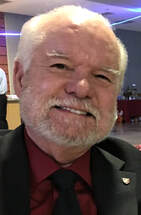 Eloy González Argüelles was born in La Habana, Cuba, and came to the United States in 1961. His studies culminated in a PhD in Romance Languages at the Ohio State University. He taught at Wheaton College (Norton, Massachusetts) and the University of Massachusetts (Harbour Campus) before moving to Washington State University (WSU), where he taught Spanish literature and literary criticism for 38 years. For ten of his last twelve years before retirement he was Chair of the Department of Foreign Languages and Cultures at WSU. His output includes a novel, a book on the chivalric novel, and articles in scholarly journals and conference presentations. Upon retirement he became an Emeritus Professor at WSU. Matchmaking and Taxesby Russ López “Watch out,” my sister Elena warned me, “Abuelita Marisol has decided you are too old to be single. She’s hired Señora Alba to fix you up with a suitable young man.” Grandmother wasn’t the only one who thought I needed a partner. My mother gently told me last month, “I keep looking for a saint we could ask to help you find a novio.” I didn’t have the heart to tell her that the chances of the Catholic Church creating a patron saint of queer relationships was infinitesimally small. It didn’t matter who or what you were, my family thought no one should be single. My Aunt Davida kept pushing me to go out and meet guys. “Sleep around until you meet one you like,” was her advice. “That’s the best way to find true love.” This from a woman who married my uncle when she was sixteen and was still blissfully with him nearly fifty years later. One cousin suggested I should sign up for a dating service, not knowing all the apps I had on my phone, and another told me it was time for me to think about children. “You aren’t getting any younger,” he admonished. They preferred I meet a nice Mexican man, of course, or at least someone Latino. But that wasn’t necessary. Everyone just wanted me to be with someone. I had four siblings, all of whom had at least embarked on a long-term relationship even if they didn’t last. It was my turn, if only to give everyone something to gossip about. “I’m sure there is someone wonderful out there for you,” Elena promised me. “And we will all talk behind your back about why he puts up with your annoying habits.” I was twenty-six, out of school, and living on my own. I had graduated with a business degree and was an independent adult gainfully employed. On paper at least, it was time I acted like an adult. While my family was otherwise proud of me, Mom still had a picture of my league champion soccer team from my high school up in the hallway, they thought that being single made me incomplete. On the other hand, I felt like I was just starting out in life. Despite the low-cost education I received from the California State University system and living at home my first two years, I graduated with huge student loans I can barely make the payments on. I drive an old car that embarrasses me and live in a studio apartment my brother Mike calls the smallest in Silicon Valley. I have far too much Indian blood in me to pass for anything but Mexican so if that isn’t a guy’s taste, I am out of luck. An accountant for a real estate company, my only luxury is my gym membership. Now that I think about it, maybe I was too dull to be marriage material. If you want to hire a matchmaker, Señora Alba is a great choice. Not only is she a well-respected bruja, she also dabbles as a curandera, and during tax season prepares returns for half the neighborhood. Thus, she knows everyone: the good, the bad, the broke, and the single. In my family alone, she found Uncle Rodrigo his second wife, cured my cousin Manuela of hiccups by brewing a special herbal tea, and helped Elena straighten out her 401(k) roll over. “You weren’t too proud to go running to Alba to have your taxes done,” Elena taunted me. “What makes matchmaking so different?” Still, the idea of Alba assessing my physical, emotional, and financial strengths and weaknesses disturbed me. And though Alba has excellent taste in men, her love life is legendary, I was put off by her meddling. Angry that they thought I was a pathetic loser at romance, I vowed to Elena, “I am going to reject anyone that Alba picks out for me.” Childish, but they had hurt my feelings. The next evening at the gym, I found out my humiliation had gone public when Mike and his buddy Alejandro teased about the matchmaking going on all around me. “No ring yet,” Michael reported to Alejandro as he held my hand up. “I’ve heard Alba has interviewed over a hundred men in three languages and none have agreed to woo my hermanito.” “It’s his baby face,” Alejandro suggested as he pinched my cheek. “He’s cute in that muchacho next door kind of way but dating him would be like going out with a puppy dog. That’s not everyone’s taste.” Michael and Alejandro laughed while I turned red. They were best friends, having met when they started working at Mayfair High School where Mike taught Drama and Alejandro ran the ESL program. Though Alejandro was handsome and gay, I never paid much attention to him because he never expressed any interest in me. However, he had the key as to why Abuelita had made my love life her priority. “Last Saturday, your grandmother was at Pancho González and Julian Chávez ‘s wedding. You should have been there, it was spectacular,” he explained. “They wore matching tuxedos and arrived in separate coaches drawn by white horses. There was a sit-down dinner at eight prepared by a chef from Oaxaca, and a midnight buffet that featured sushi and a taco bar. They had a band inside rocking the best norteño music I’ve ever heard, and a DJ blasting party tunes out on the patio. Your grandmother danced for hours. Everyone did. Sometime after her third glass of champagne, Abuelita told me you were her only chance to have an over-the-top gay wedding in the family.” I was doomed. Over the next several days, I kept my eyes out for a setup, but nothing happened until Friday when Abuelita asked for a favor. “I bought a new television online and didn’t want it stolen off my porch, you know how bad the crime is on my street. So I had them deliver it at Santiago’s Market where I need you to pick it up for me. When you get there, see Tony, Santiago’s son. He’ll help you get the TV into your car and then come over with you to bring it up the stairs to my apartment. I arranged it all.” This was so obvious that I had a hard time not laughing. Still, if Abuelita asks me to do something, I do it. Again, my humiliation was public and there was a crowd at the market when I got there including my mother, two aunts, my brother, and Alejandro. It was as if someone had sold tickets. “This is too entertaining to pass up,” Alejandro said, smiling. To punish him and to thwart Alba’s machinations, I asked Alejandro to help me with the television. I admit I was tempted by Tony. He was mad handsome and still as built as he had been during his high school wrestling days when I had drooled over him. But I was determined not to let Grandmother run my love life and refused Tony’s offer to help. Abuelita must have been surprised when Alejandro and I carried her television into her apartment, but she didn’t say anything. I had won the first round in this war, but I didn’t gloat. Afterwards, Alejandro and I went out for burgers to dissect the setup. “You know Alba would lead with a Dominican, she loves their music,” he teased. “Let’s face it, your family could use some outside blood.” That was true. Just about everyone in the family had married someone from Coahuila. Abuela had married a second cousin from her little village while Mom and Dad had lived across the street from each other growing up. My family never went too far afield to find our mates. “Nothing against Tony, I’d have a roll in bed with him anytime.” I wondered why we had never hooked up. Maybe I was too timid to act on my crushes. “But he has no ambition beyond running his father’s store. I want someone who wishes he could go to Mars, even though he knows it will never happen,” I told Alejandro. “I want a guy who lives in his dreams. Tony is too literal.” “Dang, you are tough,” he replied. “I’m lucky that Alba isn’t pushing me on you.” We both laughed. Thanks to Alba, I started getting all sorts of strange requests. A guy I barely knew wanted me to be his date at his sister’s quinceañera party, a one-night trick from two years ago suddenly resurfaced to ask me to dinner, and a man at the gym invited me to go home with him. “You’re hot as hell, bro,” he said as he stood next to me in front of one of the wall mirrors by the free weights. “I want it right now.” Fortunately, Mike and Alejandro didn’t see us leave together. Gym guy was not one of Alba’s setups, however. Though I had a good time, it turned out he had a boyfriend. The hits kept coming. A guy on Grindr texted me that he was “Grandmother approved” while a bartender asked me how the matchmaking was going as he slipped me his phone number. “I am exhausted from all this,” I complained to Alejandro the next evening at the gym. “Cheer up,” he said as he hugged me. “Now you know everyone wants your hot body.” His arm around my shoulder felt good. The next Thursday, everyone went to see Mike’s students perform Romeo and Juliet. With a party of thirty in an open seating auditorium, it was chaos with people trying to figure out where to sit. At the very last second, Alba ordered Kyle Moon, a gym coach, to take the seat next to me. This may have been innocent, but with Alba in action, I suspected everything. As far as I knew, Kyle was straight and I was pretty sure that Abuelita would prefer me to date a Latinx guy, but under the circumstances, I was annoyed by this blatant setup. To make matters worse, Alejandro was sitting on the other side of Kyle, rather than next to me, and by this point, I was convinced that he should be the one I go out with. But of course, he wasn’t anyone’s idea of a proper boyfriend for me. Keeping my anger hot, Abuela and Alba sat behind me, and before the play started, they loudly assessed the romantic potential of every young man in the audience. I seethed. The family had found out I was gay ten years ago when I stupidly left a Valentine’s Day card from a classmate on the kitchen counter. Billy Martínez was a dream and had worked for a week to create a giant card that opened up into a three-dimensional football stadium with our names in a pink heart at the fifty-yard line. My parents were cool, though I was mortified when they put the card up on the mantle to show off. Elena helped me through that time. “Be grateful,” she told me. “Mom is trying to tell you the family loves you more than anything.” Not everyone was nice about my being gay. Aunt Julia’s boyfriend is always making crude jokes, and a cousin pointedly told me that I was never allowed to be near her kids. There were guys at my high school who threatened to kill me, and a group of girls nicknamed me mariposa rosa and painted pink butterflies and obscene drawings on my locker. I was happy to get out of there alive. Watching the doomed romance unfold on stage, I kept wondering why I was single and ultimately decided I was too shy. There were several men that in hindsight would have loved to become involved with me, but nothing ever happened because I was too scared to initiate a relationship. When this matchmaking ended, I vowed, I would go out there and act on my feelings. Then I decided not to wait. I abruptly asked Alejandro to go on a date as we walked out of the auditorium. “Sure, if you want,” was his response. I didn’t find that reassuring. Regretting my spontaneity and fearing more public humiliation, I said, “Please don’t tell anyone about this. You know how everyone is watching me.” He agreed to keep it quiet. Alejandro is so handsome, he makes me nervous. He is two inches taller than me with a perfectly proportioned body, well-muscled arms, and a widow’s peak that draws attention to his big sparkling eyes. We are about the same dark shade of brown and he has a way of talking with his hands that I find irresistible. Three years older than me, he was much more grounded than I could ever be. Though he likes to laugh and is always full of jokes, he is serious while I am all giggles. Thus, I didn’t have high hopes for us going forward. I figured he was only going out with me out of pity. It turned out to be the best date I had ever been on. We were blissfully happy and totally in sync with each other. At one point I was suppressing the urge to laugh and tell him I was having a great time because I didn’t want him to think I was a gushy romantic when Alejandro leaned back, laughed, and said, “This dinner with you is so wonderful, I don’t want it to end.” I was hooked. He spoke a lot about his family. “As the youngest, I am the only one with status; everyone else stays in the shadows so they don’t get picked up. From the start, I had to interpret for them and represent them when we faced the outside world.” I felt all of my privilege for being born in the US, but I also knew the pushes and pulls he had experienced. “We all have to work together to protect the most vulnerable of us,” I told him. “A lot of folks are here without documents. We live intertwined together, we share our lives. If we lost any one of them, we all would suffer,” I felt helpless as I always do when the topic is immigration. “I teach ESL to help the kids who are like me when I was young,” Alejandro told me. “There is so much pressure to get ahead, yet at the same time, their families so depend on them that they can’t keep up.” Mike had told me how Alejandro’s students adore him and how he is always helping them navigate the bureaucratic mess that ensnares non-citizens. “I know how our families frame our lives,” I said. “My father wouldn’t let me become a social worker or a community organizer. No. I had to major in something practical like business. ‘We gave up your brother to teaching to help our people. You have to look for other ways to make something of yourself,’ he told me. You’ve met my father. I couldn’t ever go against his wishes.” “I understand. We are all still trying to figure out our way between our families and the world,” Alejandro nodded. He still lived at home, though Mike told me he wanted to move out. “I’m always second guessing myself. I wonder if teaching is the right way to go. Sometimes I think I should run for office to change things. My father thinks that I am crazy when I talk about that, but I like to aim high.” I just stared into Alejandro’s eyes, lost in their possibilities. After a brief silence, Alejandro said, “When you give me that cute puppy dog look, I have to ask if your apartment is really as small as your brother says it is.” “It is pretty cramped,” I answered. “When I have a guy over, we have to be on top of each other all night long.” I let that sink in as I explained, “I moved out of my parents’ place when my sister and her three kids came to live with us. I was too old to sleep on a couch every night.” Then I took another bold step. “Want to come back with me?” When Alejandro looked around my tiny apartment, he smiled and said wistfully, “You are so lucky. I wish I had a place like this.” Then he pushed me down on the bed. Within a week Alejandro was spending every night with me. By the end of the month, he had moved in. We alternated Sunday dinners, one with his family, one with mine, and we did everything together: the gym, soccer, and knocking on doors to get our candidate elected to the city council. Still, as far as I knew no one had a clue we were seeing each other, and I was happy I had outsmarted Alba. I wanted to keep things quiet but the news of our relationship began to leak out. Elena saw Alejandro’s car parked in front of my apartment early one morning, and Mike caught us sharing a drunk sloppy kiss after our soccer team went out to celebrate a big win. He confronted us when he saw me wearing Alejandro’s beat up Mayfair High tee shirt at the gym. “Listen up, lovebirds. Either you go public, or I am going to tell everyone. I can’t keep a secret.” It is hard to overstate the status of Mexican grandmothers. Fathers may love us to pieces, but they always have unreasonable expectations. We have to have perfect in every way. My father even had an opinion on what car I should drive. “Get a dark sedan. Cops always pull over a Mexican driving a red SUV.” Daughters have it even worse. Mexican fathers’ primary role in life is to make their daughters miserable by being overprotective. They hate every boy who even glances at their virginal little girls. Mexican mothers are similarly ambiguous. They will fight to the death to protect us, but they also feel it is their duty to wheedle, threaten, prompt, and cajole their sons to do what they think is right. It drove my mom to madness if I left the house in a wrinkled shirt, for example. “If the teachers see you disheveled, they will blame me,” she said, tears running down her cheeks at the thought of the humiliation. Again, Mexican daughters have it worse because their mothers try extremely hard to prevent them from making the same mistakes they did. Daughters are too much like their mothers to get along. Grandmothers, however, are the warm source of unconditional love. There are never any fights, never an argument or raised voice, and they never hurt our feelings. Abuelita would slip me cookies when my parents weren’t looking, and she let me stay up late to watch spooky movies when she babysat me. I admit to being annoyed when she made me say the rosary with her, and I grew bored the hundredth time she told me how bad things were in Mexico before she left. But those were minor quibbles. Abuelita was the tough matriarch of our family. Denied the opportunity to go to school, she had taught herself how to read and write Spanish and after she moved to California, learned it all over again in English. She organized everyone to come to the United States, and when the window to citizenship opened up in the eighties, she had everyone apply. She and Abuelito raised seven children, and thanks to their force of will, none of their children or grandchildren succumbed to gangs or drugs. After a lifetime of hard work cleaning hotel rooms, Abuelita was at last retired, but only because her children demanded she rest. We all did whatever we could to please her. Imagine my fright that I was going to confront her, perhaps the first time since the time of the fifth sun—the Aztec creation myth says we are in the fifth world—a grandson was going to directly contradict his grandmother. But I owed it to her. I couldn’t let her keep spending her money finding me a match. My opportunity came while we were at Tía Agueda’s house. Alejandro was out back teaching Mike’s four-year-old and the other kids how to merengue; by now he had spent so much time with my family that if I showed up someplace without him, everyone asked where he was. My parents and their siblings were playing cards around the dining table while arguing over who was responsible for the latest defeat of the Mexican National Soccer Team. Abuelita and I were cleaning up in the kitchen. She is a tiny woman; I could easily lift her up over my head. Her short hair had turned gray before I was born; now it was mostly white, which made her dark skin glow. While she talked about her volunteer work at the parish, I kept looking at her to assess her mood. But she is as undecipherable as a marble statue. No one knows what Abuelita is thinking, but we always know what she wants. And here I was about to go against her wishes. Surprisingly, it went very well. “Alejandro is a good boy. His family is very proud of him.” That is the greatest complement Abuelita has for anyone. “Es muy guapo,” she added. “Though both of you need to put on some weight.” “No hard feelings?” I asked. “I am so sorry you were worried about me. I apologized for making you go through all this.” It was heartfelt. “Pues, it was worth a try. I only wanted to help,” she said with a smile. I offered to reimburse her for Alba’s fee, but she refused. “This is a business transaction between the Bruja and me. Don’t go poking into it.” I backed off and put it out of my mind because I was excited that I was in a full blown, open, happy relationship with Alejandro. And I was with him on my own, without anyone pushing us together. My sister finally told me what happened. “You really are a fool,” Elena rolled her eyes at my innocence. “No one can outsmart a bruja. It’s impossible to stop an abuela when she sets her mind to do something. Everyone knows that Alba planned to set you up with Alejandro from the beginning.”  Russ López is the author of six nonfiction books as well as book reviews and journal articles. After an extensive career of community organizing and social justice advocacy, he is the editor of LatineLit, a magazine that publishes fiction by and about Latinx people. “Matchmaking and Taxes” is part of a planned collection of short stories tentatively titled, The Lesser Saints of Silicon Valley. Originally from California, López has degrees from Stanford, Harvard, and Boston University. He currently divides his time between Boston and Provincetown, Massachusetts. Giggles y Yoby Tommy Villalobos Giggles walked like she was dancing to Oldies But Goodies, Volume One. But she also looked sad all the time. It was like she wanted to be sad. Her friends already had a Sad Girl so they called her Giggles. People called me Gordo. I wasn’t fat. Maybe just a little. But let me get back to Giggles. She was the finest one in the Projects, 1950’s. One day, Lil’ Chango, skinny with a face that not even a madre could love, tried talking to her. He was barking like a seal up the wrong playa. I looked at her face when she was listening to the bato. Her lips were twisted. Like he was making funny noises with his nariz. He walked away with his head looking down, like he didn’t care if a carucha hit him. She looked at me and I made a serious face. Inside, I was laughing like when I saw that cartoon where the coyote gets hit by a giant rock when he’s chasing the pájaro loco. Giggles started walking again with that special wiggle. I wanted to tell her something like a priest. I walked fast. “Hija, you can tell me,” I said. She turned to look at me like I was a cucaracha walking around her sopa. “I don’t know you.” “I want you to.” “I like someone.” “Never saw you with someone. Never saw you with anyone.” She looked at me like I was another cucaracha but this time in her sopa. “Are you following me around?” “Even when I sleep.” I was trying to sound romantic like in a song. “Don’t!” “All girls like being looked at.” “Not me.” “We’re meant to be.” “Uh-uh.” She walked quickly away. Almost ran. People could ask me why I didn’t give up. You know, chase other girls who liked gordos. I would tell them that girls act in different modos. They can hate you but then you say or do something they really like, they grab you and put your arms around them. You feel like an octopus wearing a Pendleton. “Where have you been, Felipe?” said my mother as soon as I walked in the door. “Getting fresh air.” “There isn’t any.” I wanted to tell her about Giggles but she might not like her walk. “Áma, I like this girl and—” “She won’t be the last.” “This one is the first and only. She is special.” “She lives in Beverly Hills?” “Huh?” “Take out the garbage.” I took the garbage outside. A chavalo called Freddie saw me. “Hey, Phillip,” he yelled. He was the only one who called me by my name. “What?” I said to the mocoso. “You want to play baseball?” He didn’t see that I was grown up. Baseball was for chavalos. Girls were more fun now. “Freddie, I like girls now,” I said like I was confessing to a priest. “What?” Freddie was stunned, making a cara like I said I liked wearing dresses now. “One day, you’ll throw your baseball to your sister because you won’t be able not to.” I really thought of saying that because his sister Lydia was a better baseball player than him and she was only seven. “You’re talking crazy, Phillip. Go get your mitt, let’s play.” “Maybe later,” I said, knowing “later” really meant never. He turned and walked away. He turned back to look at me as if he wasn’t sure who I was. Then he disappeared into the Projects. I felt kind of sad. Like my childhood was disappearing with him. Then I thought again about Giggles and I wanted to kick Freddie and my childhood further into the Projects. God made something more fun than baseball. Then my friend since I forget how long, Jimmy, saw me. We were the same age. He was more serious than me. Of course, my mother would say everyone was more serious than me. Jimmy loved math and collecting baseball trading cards. His cards took up most of his life. And the girls all looked at him like he was Elvis. It didn’t seem to matter to him. He spent his time with his math books and cards. Everything else was for other guys. “Gordo, why are you standing there?” he said. “Thinking.” “About what?” “Not sure. Where are you going walking all fast?” “My mom needs butter.” “You still run mandadas?” “Sure. You don’t?” I nodded slowly. “Jimmy, oh, Jimmy!” said a high voice belonging to a running flaca with flying pelo. It was Lorna Ritas. She was in a race for Jimmy with Sally Lomenez, Linda Mistasosa and Maria Lobermie. They had a better chance with the real Elvis. Jimmy barely said “Hi” to them but each time they took it like he wanted to make out with them at Belvedere Park. Like that song, Jimmy only had eyes for Rachel Apenuz. Rachel Apenuz had no personality I could see. Jimmy saw something the rest of the world didn’t, like in those spooky movies. Compared to Rachel, Giggles was a shiny pair of spit-shined calcos. Rachel was like my sister’s paper dolls she used to play with. She was like cardboard. Her hair looked tired. In fact, she looked tired. But I was glad Jimmy didn’t see Giggles. Then I panicked, my mouth turned dry. Maybe he hadn’t seen her glide like a lowered carucha down Brooklyn and Mednik. “So, are any new girls waving at you?” I said, my mouth even drier now. He looked at me like I said something in Chinese real fast. “New girls?” “Yeah, like hot off the comal?” “What are you talking about?” “Is Rachel still your, you know…?” He nodded with a strange smile. “I still like Rachel.” I could breathe normal, again. Jimmy’s sister whistled for him from away off. She had the loudest whistle in the Projects. Jimmy ran off. I went back inside. I played “Earth Angel” by the Penguins on my sister’s record player. I played it over and over. The title said what I wanted to sing to Giggles. Then I fell asleep on my sister’s cama. The record player needle was stuck on the end of the record. “What are you doing?” my sister screamed, making me jump. My heart wanted to leave my chest and jump out the window to find somewhere better to live. “Man,” I screamed back, “you nearly gave me a heart attack.” “And I hate to fail. Now I’m really mad.” She got good grades in school. I think that’s why she said that. But she also had a big mouth my mother was always trying to slam shut. Hearing my sister’s big mouth, my mother came running like my sister was on fire. “¿Qué está pasando?” she screamed louder than even my sister. “I have to wash everything,” my sister said, looking around the room like I spread pulgas all over. “Don’t exaggerate,” my mother said. “He’s a pestoso,” she screamed in her chavala voice so all the Projects could hear. I think all the people in the Projects were smelling the air. My mother was quiet as if my sister said something like the president. “I was only playing a record,” I said, explaining things to the judge, my mother. Like a bailiff, my mother escorted me out of the room. My hermana had a crooked smile. The door slammed behind us. I would aim pedos into her room next time she wasn’t home. To feel better, I went back outside. In the Projects you always ran into someone who either made you laugh or was madder than you. Right now, it was Pete. He never made you laugh or mad. But he always had a problem to share. I tried telling him that was why he had a mother. That’s how they got gray hair. But today, I think I caught him at a moment when people feel like unloading a problem on the first person they catch. “Gordo,” he said, “I have a problem.” “You’re the last bato I would guess had one.” “What?” “What happened?” “I met the finest weesa ever made.” “Ever?” “Ever.” “Why?” “When you see her walk, it’s like seeing the ocean at Long Beach.” “Go write a poem.” I said. It sounded like he was talking about Giggles and I didn’t want to hear. “I have to win her heart first.” Pete wasn’t a bad looking guy like some of the truly ugly ones around, but right now he looked like the ugliest feo of all time. “I love Giggles,” he continued and I wanted to give him a Popeye-sized cachetada. “Who is ‘Giggles’?” I said with a shaky voice. I was a nervous liar. “She is a walking angel, like in the song, ‘Earth Angel’.” He said this with a stupid, faraway look. “You okay?” he then said. I felt mad then sick then mad again. “Sure.” “Are you sure-sure?” “Sure.” “My problem is that she is related to Jimmy and likes Loco.” I sat on the sidewalk. I saw Loco’s crooked right eye. I think he hated the world and everyone in it because of that eye. He was born that way. God wanted him to look loco so he took the hint and became one. “You look weird, man.” “Why Loco?” I croaked. “That’s what I want you to tell me. He is one ugly bato with an even uglier way with people.” “And she is Jimmy’s cousin?” He nodded weakly. “How do you know that?” “My sister.” “Oh, yeah. Your sister Rosie talks with everyone about everyone. The Queen of Maravilla Chisme.” “Hey, that’s my hermana.” “Everyone knows Rosie, Pete.” “Yeah, but you’re wise.” All those times talking to Pete, I was mostly trying to get rid of him. “So, what do you think?” he said. He wasn’t going nowhere till he got an answer. “Loco has that name for a reason. Jimmy is probably thinking of a way to stop his prima from getting hooked up with him.” I said that for myself. “What do you mean?” “He wants to stop him.” “Oh.” I always liked hearing Pete say “Oh.” It meant he was accepting what I said and would go away. Not today. “You know, Jimmy invited Loco to the show with Giggles?” I lost my words and thinking. Pete batted for me. “I saw them walking back to the Projects after they got off the Kern bus. Loco was laughing like a hyena.” My mother said life has surprises. One just kicked me in the head. “Should we jump him?” said Pete. “He would wrap you around me like a pretzel.” “So, what are you going to do?” he said. What I wanted to do was pluck Loco’s good eye out and do a pachuco hop on it. “It’s up to you.” “Then what should I do?” I felt like I was running his life when he should be running his own. “Find another one.” “Another what?” “Chavala.” “There ain’t no other around,” said Pete, looking around as if to prove it. “All good times don’t lead to Giggles.” At this point, I think I was again giving advice to myself. “Yes they do.” “What if she hates you? And your family? And your dog.” “She don’t know me. Or my family. And this is the Projects, we can’t have a dog.” “Maybe she has a drinking problem. She’ll start making ojitos at other batos.” “How do you know she has a drinking problem?” “Just looking at all angles.” “She could wet her bed, chew food with her boca wide open, have a voice like Jimmy Durante, and I would still like her.” “What if she has a record?” “Even if she was serving life at juvie, I would still visit her every day.” He was almost as crazy over her as I was. “Don’t you have a girl you liked? What about Edith?” “Edith was in the second grade. Her family moved out of the Projects when I was nine.” “Too bad.” “Huh?” He looked at me real let down. He walked away. I went and sat on my porch. I saw a girl coming toward me on the sidewalk. She was walking like a wave at Long Beach, like Pete said. It was Giggles. “Hello,” I said, trying to sound like some actor I heard in a movie. She kept walking like I had been a squawking perico. I was hoping for a “Hello” back or at least her head to turn up all conceited. But she kept walking. But then for a little bit, she turned her head toward me. Not mad or happy. Jimmy would make everything right. He would talk to his cousin and tell her that he and I were closer than gum under a zapato and she should grab me, crying. Jimmy said that they were cousins when he came to the door. “So, she just likes him like a cousin?” I said. “She and Loco are closer than gum in your hair,” said Jimmy. “So she likes him like a favorite cousin?” “She likes him like she likes to kiss him.” “That’s all?” “He kisses her back.” “You know Loco. You know what he’s like.” “Since we were babies.” I swallowed hard. Then I swallowed hard again. Then a third time and maybe a fourth. “You look like you swallowed a moco,” he said. “Why do you even know him?” “He’s my step brother.” Jimmy didn’t even say that like he was sorry. “Why?” “I don’t make the rules. Loco’s dad married my mom years ago. My mom had kids. He had one, Loco.” “So he can’t love Giggles?” I said. “Why can’t he?” “Because.” “She is my cousin but she is nothing to Loco. Well, that could change, but that doesn’t keep them from liking, maybe loving each other and making a whole bunch of kids to spread around Maravilla.” “That shouldn’t be allowed.” “What?” I walked away, stomping on the ground like it was Loco’s ugly ojo. I went to Pete’s house to report. He opened his door then smiled like if I was going to say that Giggles loved him. I broke the news over his head. But it was my own cabeza that hurt. 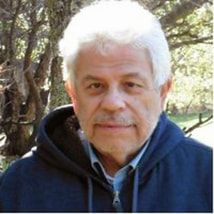 Tommy Villalobos was born in East L.A. and also raised there. He thinks of the lugar daily and love the memories while remembering the tragedies of his neighbors and of his madre. Tommy’s mother had a great sense of humor and he inherited about ten per cent of it. She had a quick wit and response to all verbal attacks, whether to herself personally or to her Catholic religion that she loved. Tommy dedicates all his works to her, knowing she had him when she had no idea how she was going to feed him and his four siblings. She was a single mom until the day she died. He lives in a boring suburb now, outside of Sacramento, but his heart and soul will always be in East Los Angeles where his mother was always by his side to protect him. Artie Finds The Right One—For Someone Else |
| Tommy Villalobos, who lives near Sacramento, California, has several e-books in virtual print, Lipstick con Chorizo, the story we first serialized ala Carlos Dickens in Somos en escrito a few years ago, Love Thy Neighbor, Oro and Elo were Buddies, and Unos Marranos Plus Una Vibora Equals Romance. His droll Chicanesque world is filled with larger than life barrio dwellers, as in this first part of a new serial thriller in the making. |
Archives
July 2024
June 2024
April 2024
March 2024
November 2023
August 2023
July 2023
June 2023
May 2023
April 2023
February 2023
January 2023
December 2022
November 2022
September 2022
August 2022
July 2022
June 2022
May 2022
April 2022
March 2022
February 2022
December 2021
November 2021
September 2021
August 2021
July 2021
June 2021
May 2021
April 2021
December 2020
September 2020
July 2020
November 2019
September 2019
July 2019
June 2019
May 2019
April 2019
March 2019
January 2019
December 2018
November 2018
October 2018
September 2018
August 2018
June 2018
May 2018
April 2018
March 2018
February 2018
January 2018
February 2010
Categories
All
Archive
Aztec
Aztlan
Barrio
Bilingualism
Borderlands
Boricua / Puerto Rican
Brujas
California
Chicanismo
Chicano/a/x
ChupaCabra
Colombian
Colonialism
Contest
Contest Winners
Crime
Cuba
Cuban American
Cuento
Cultura
Culture
Curanderismo
Death
Detective Novel
Día De Muertos
Dominican
Ebooks
El Salvador
Español
Español & English
Excerpt
Extra Fiction
Extra Fiction Contest
Fable
Family
Fantasy
Farmworkers
Fiction
First Publication
Flash Fiction
Genre
Guatemalan American
Hispano
Historical Fiction
History
Horror
Human Rights
Humor
Immigration
Indigenous
Inglespañol
Joaquin Murrieta
La Frontera
La Llorona
Latino Scifi
Los Angeles
Magical Realism
Mature
Mexican American
Mexico
Migration
Music
Mystery
Mythology
New Mexico
New Mexico History
Nicaraguan American
Novel
Novel In Progress
Novella
Penitentes
Peruvian American
Pets
Puerto Rico
Racism
Religion
Review
Romance
Romantico
Scifi
Sci Fi
Serial
Short Story
Southwest
Tainofuturism
Texas
Tommy Villalobos
Trauma
Women
Writing
Young Writers
Zoot Suits
Donate and Make Literature Happen
is published by the Somos En Escrito Literary Foundation,
a 501 (c) (3) non-profit, tax-exempt corporation. EIN 81-3162209





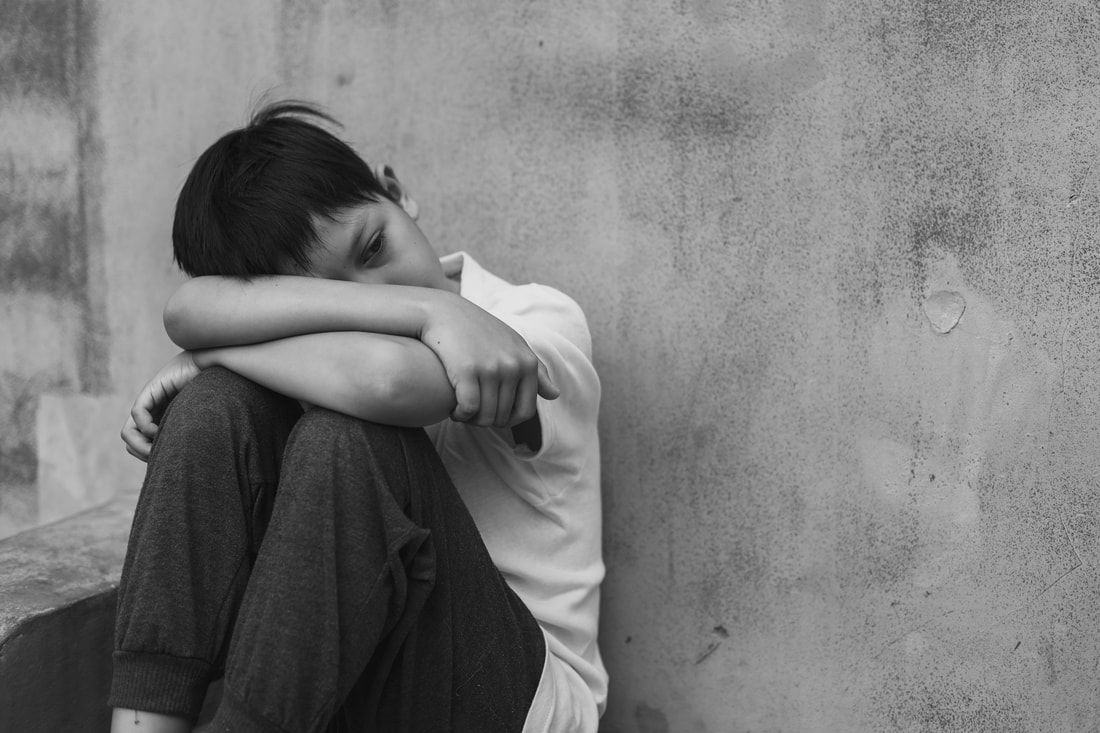


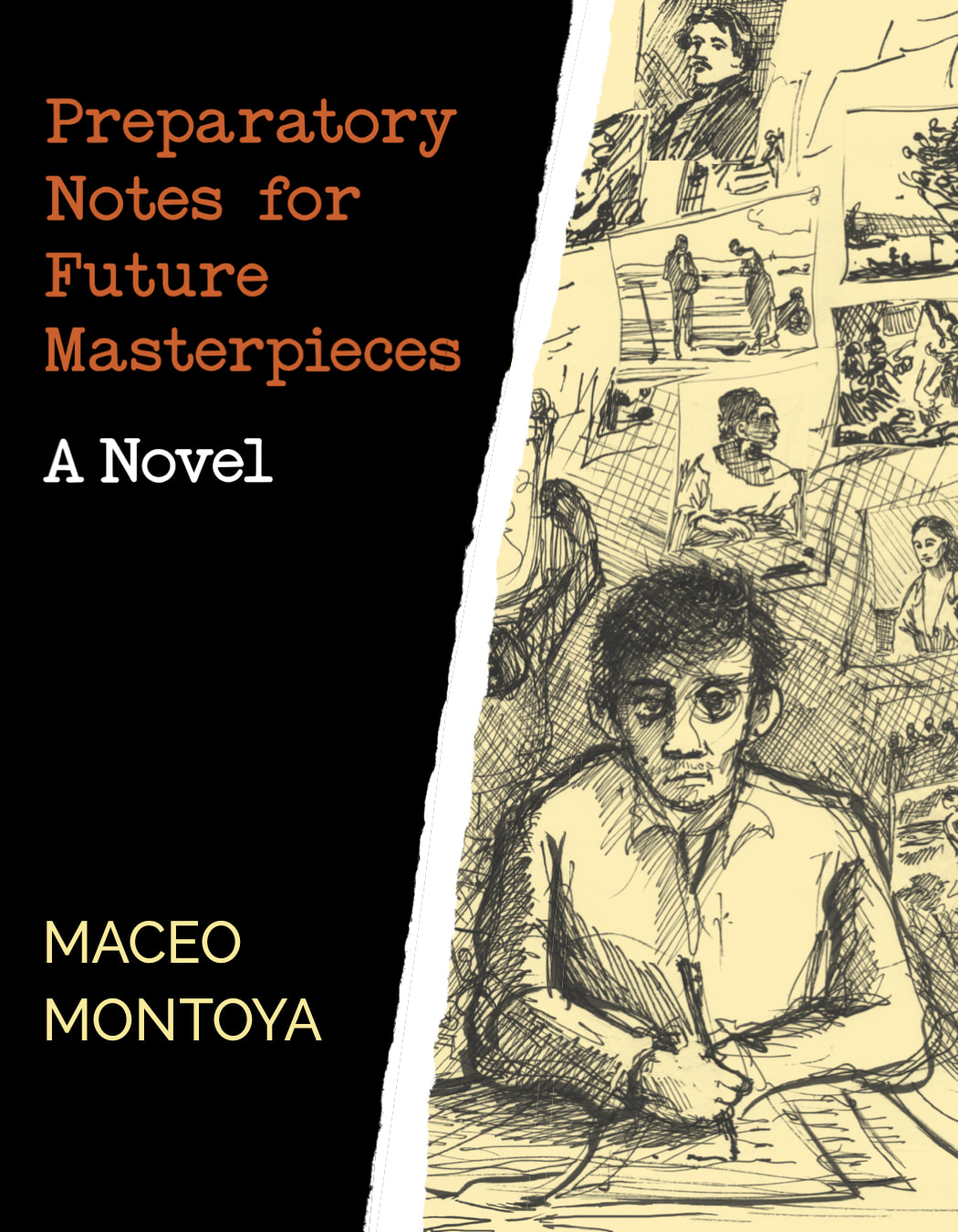
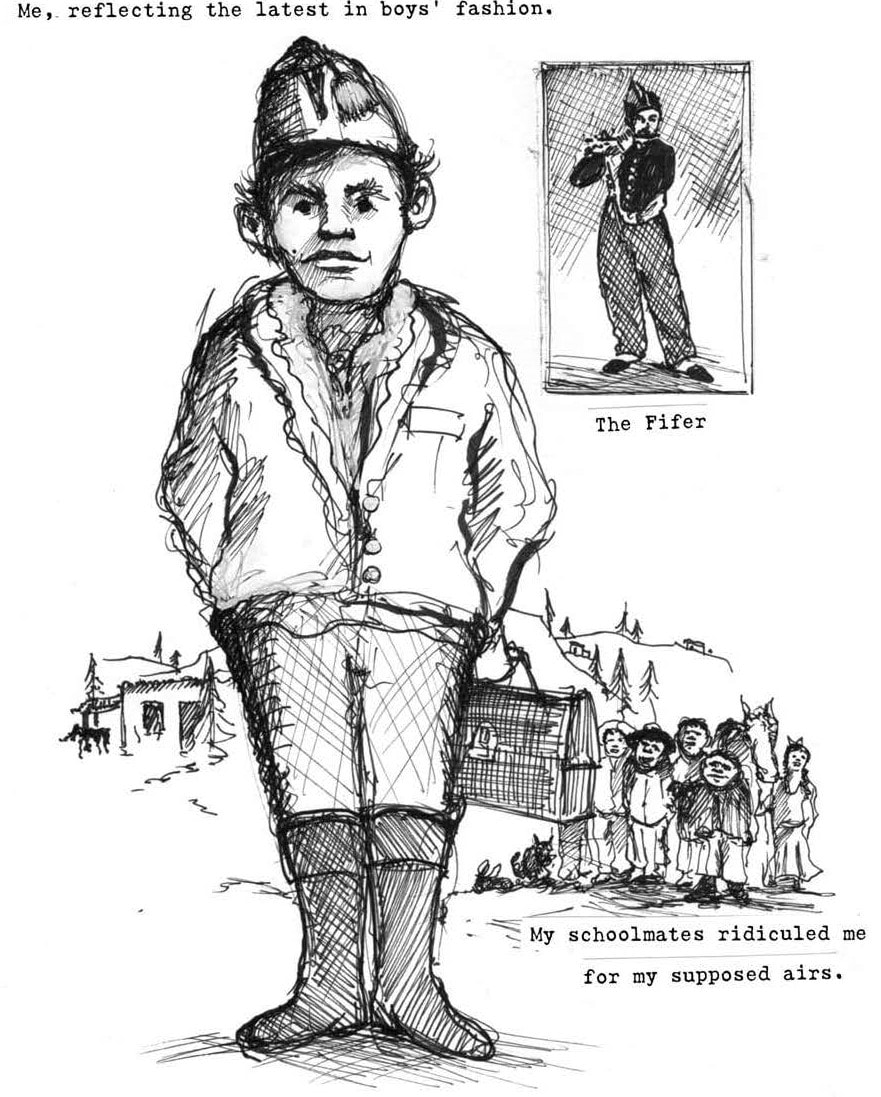
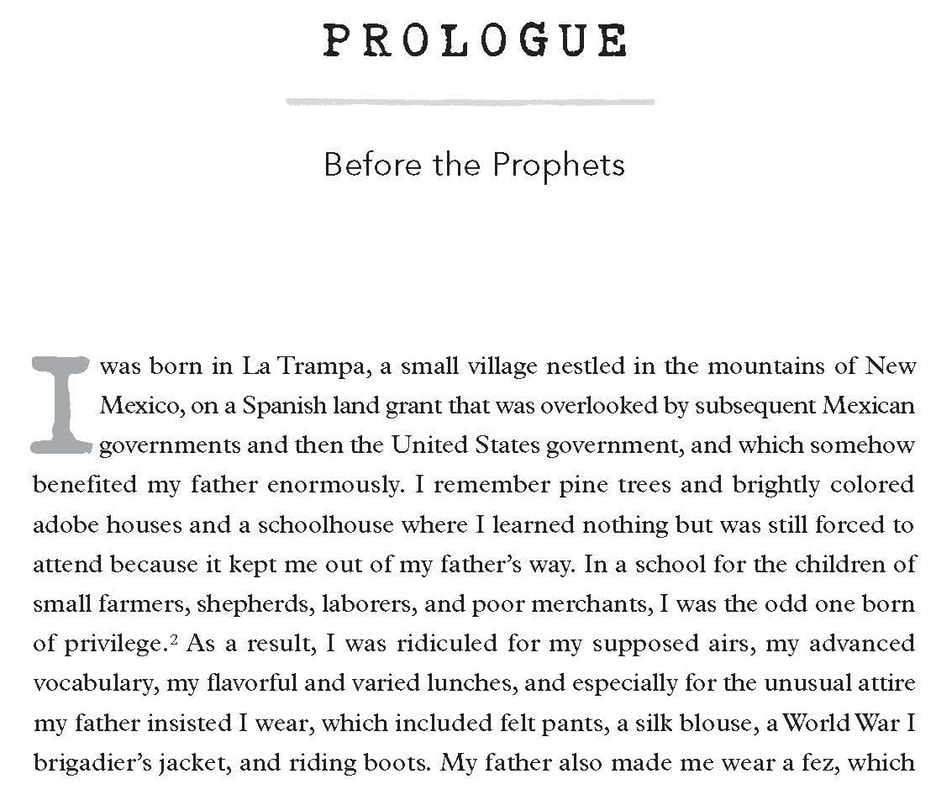
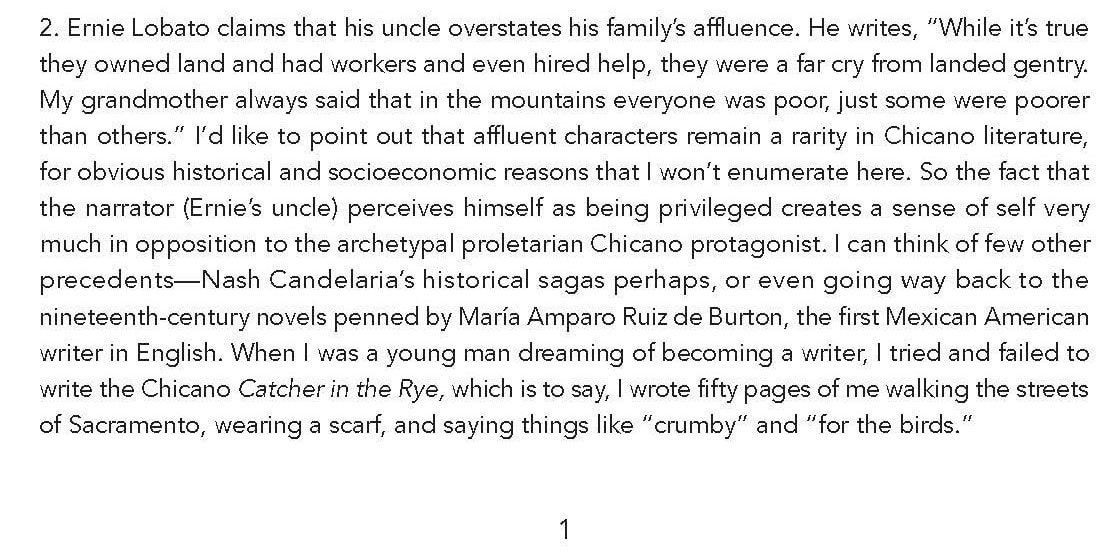
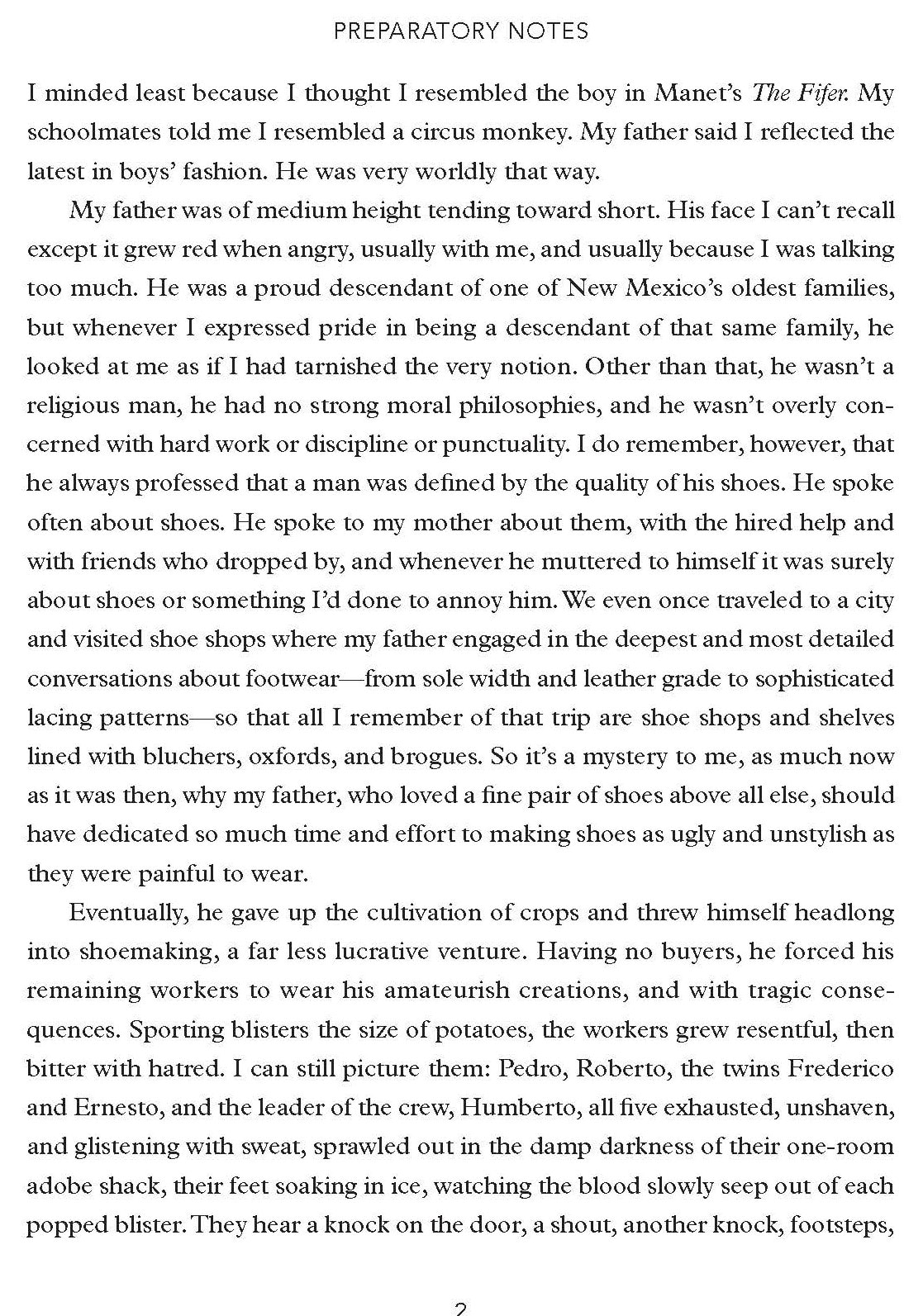
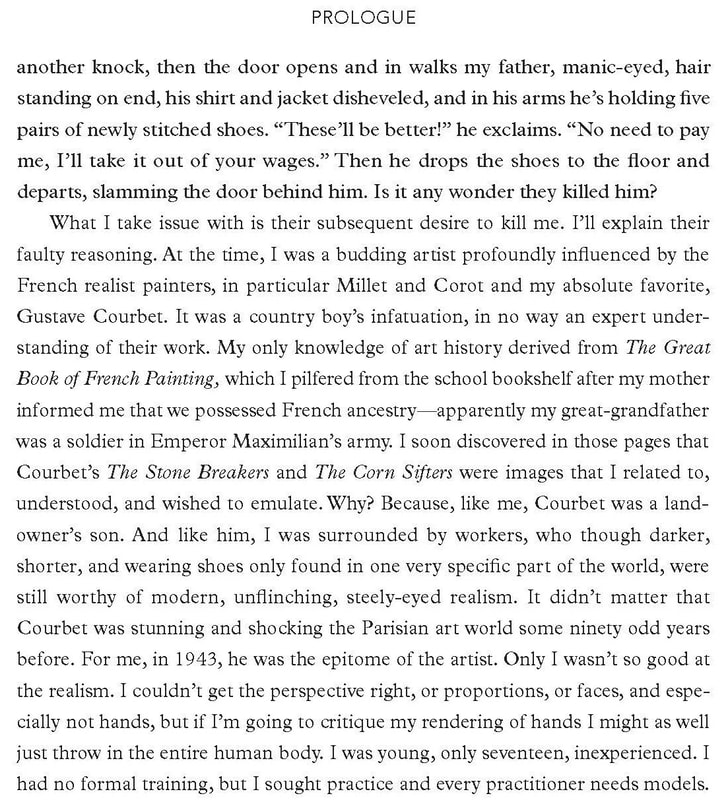
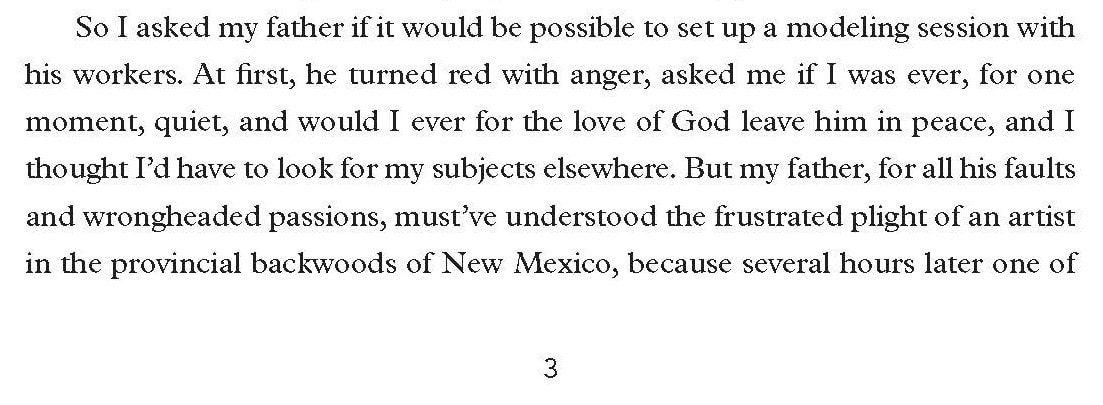
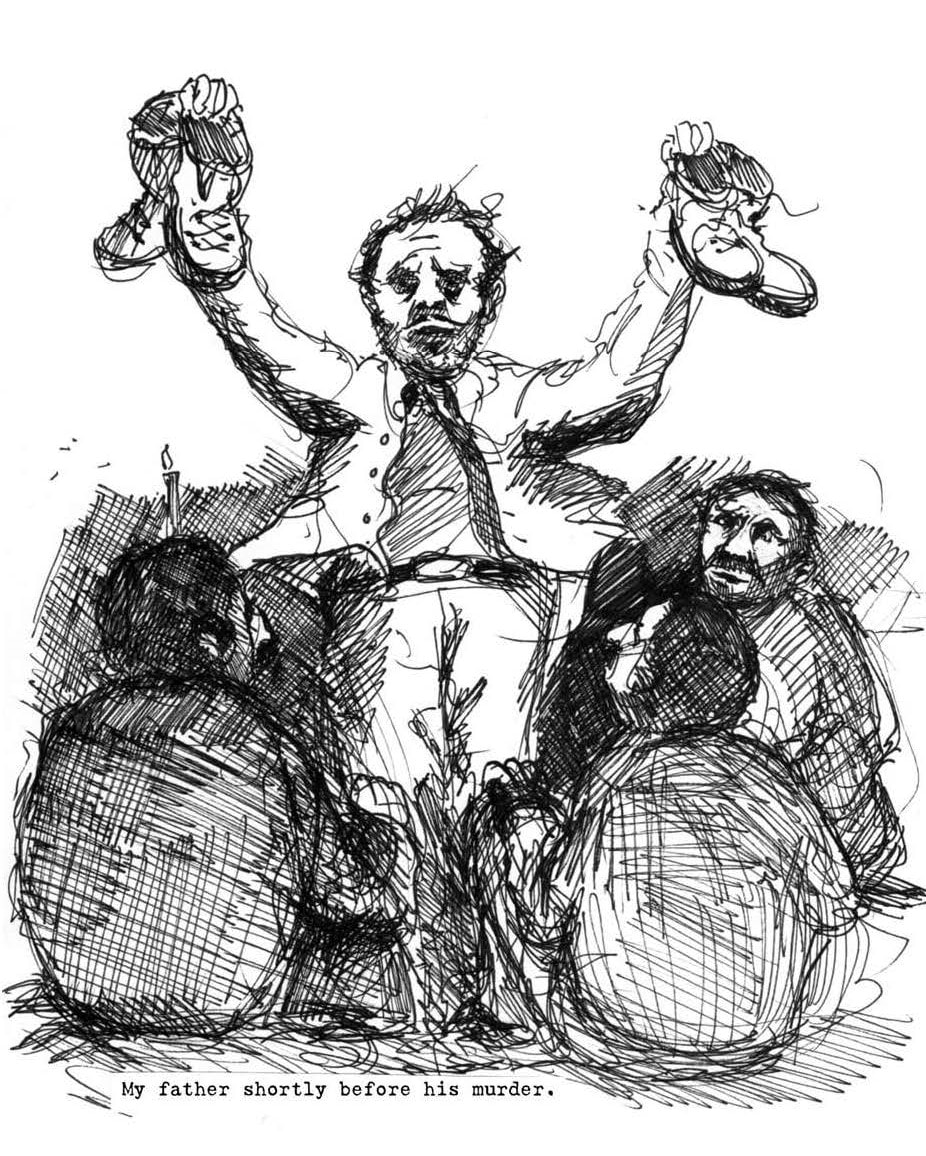
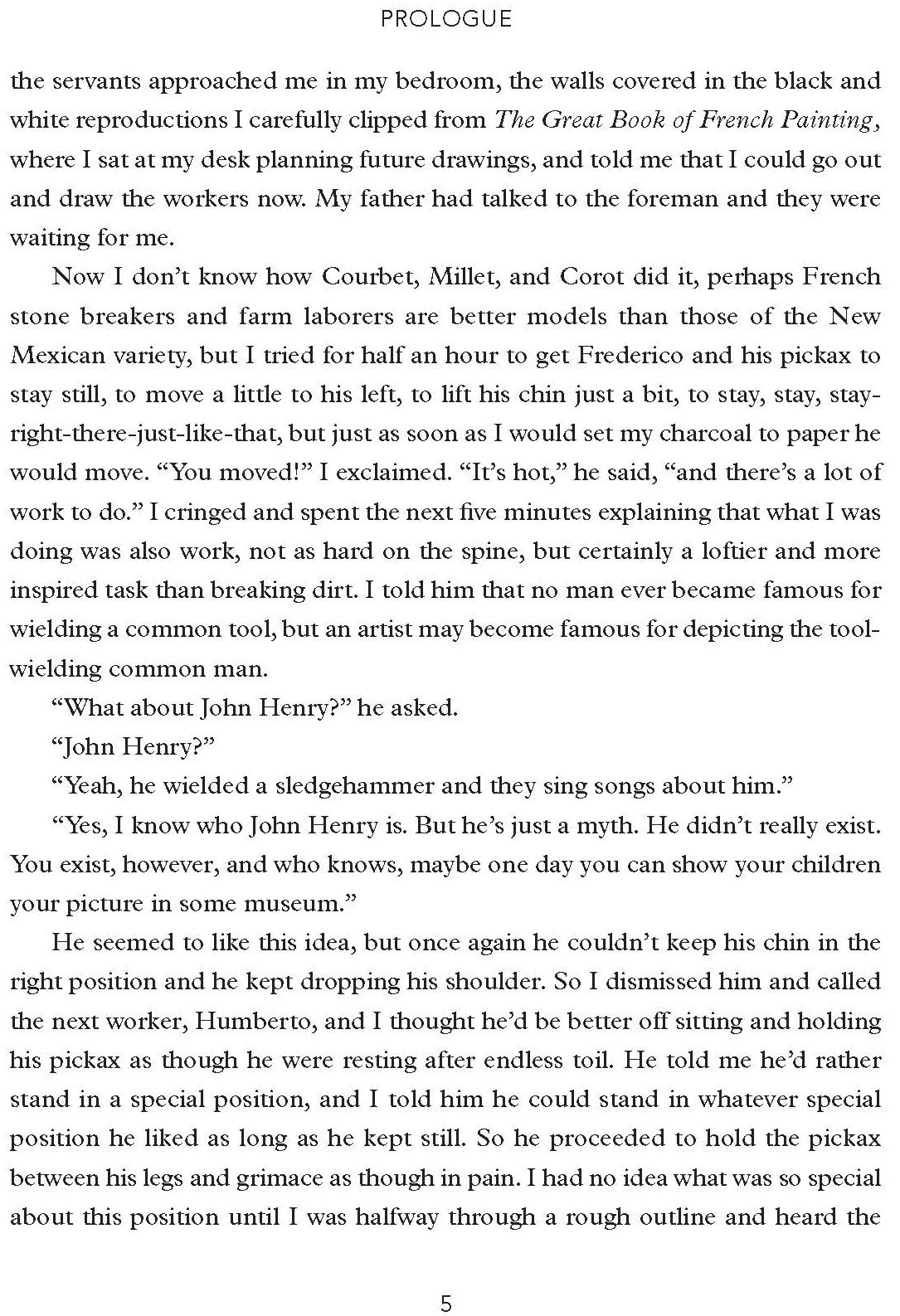
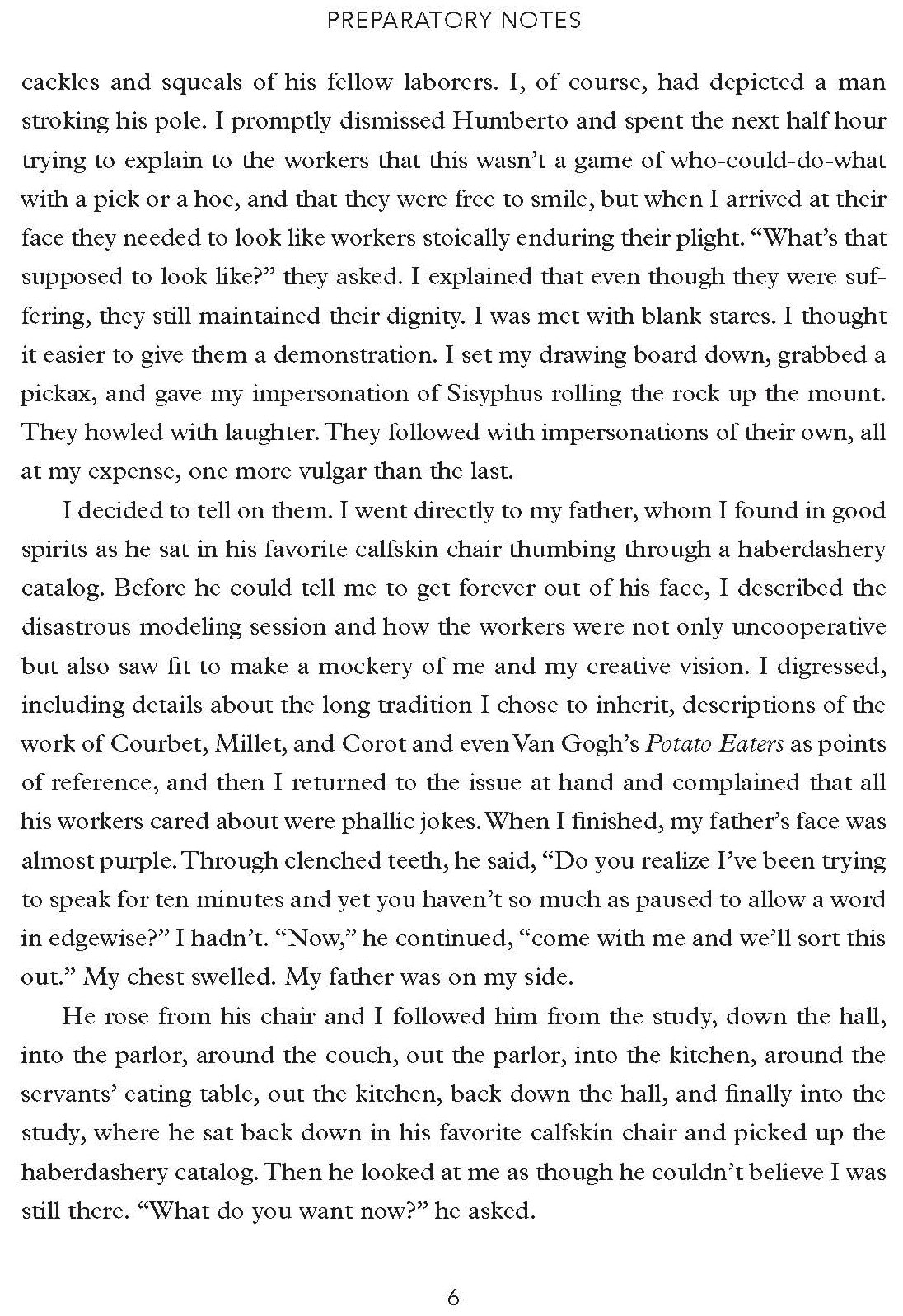
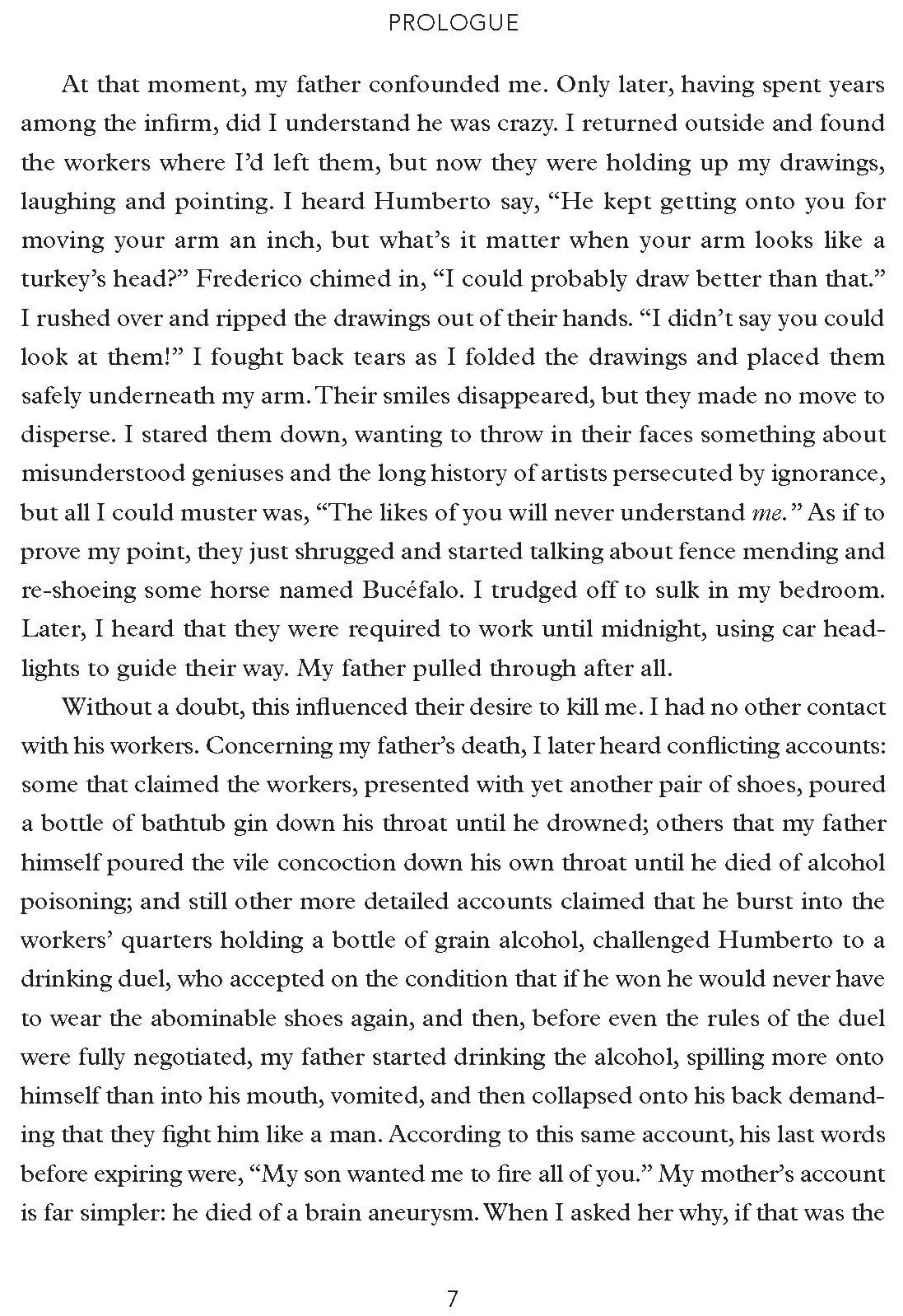
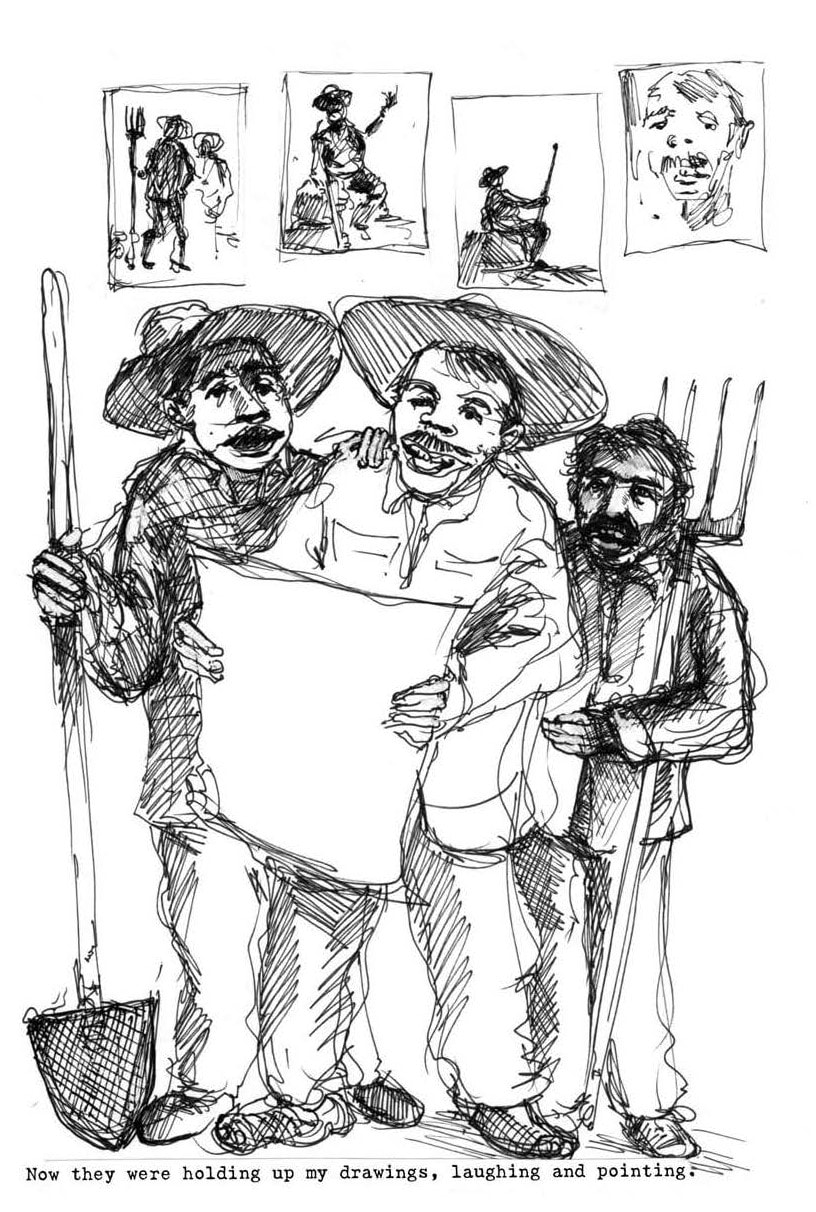
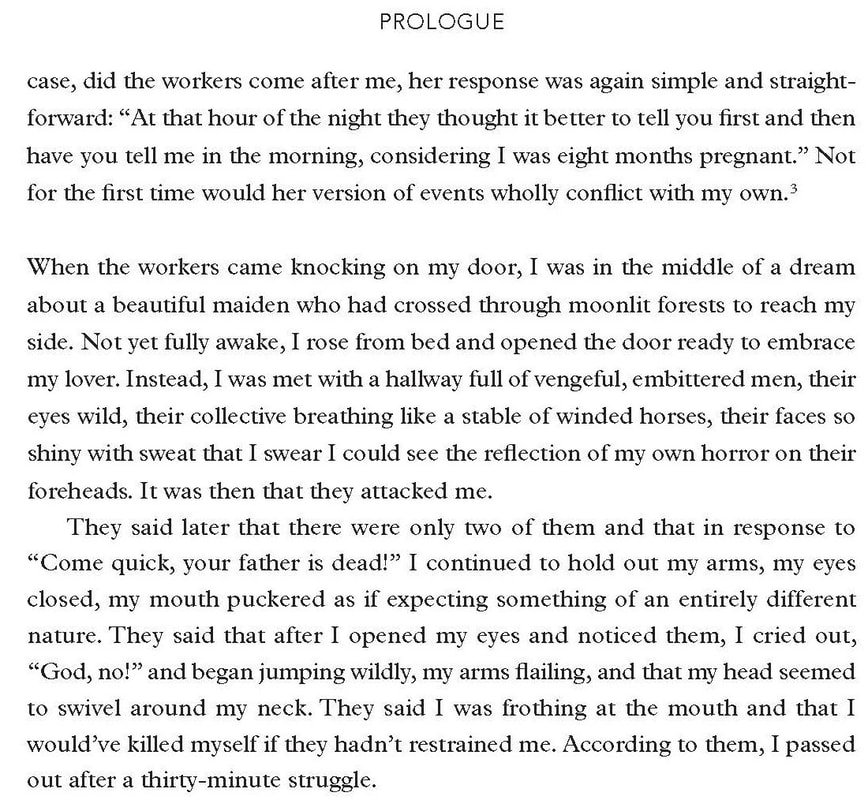
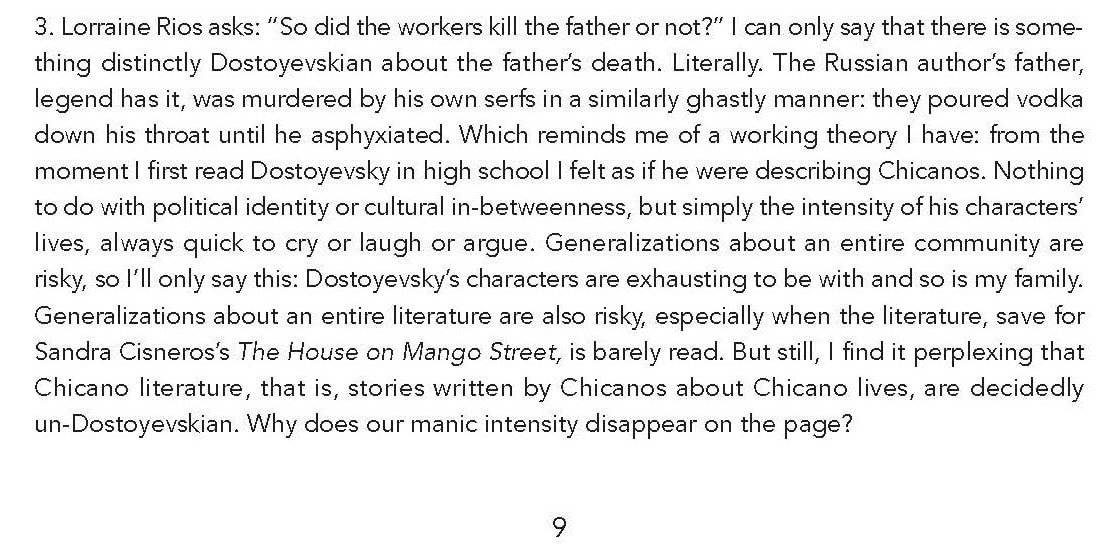
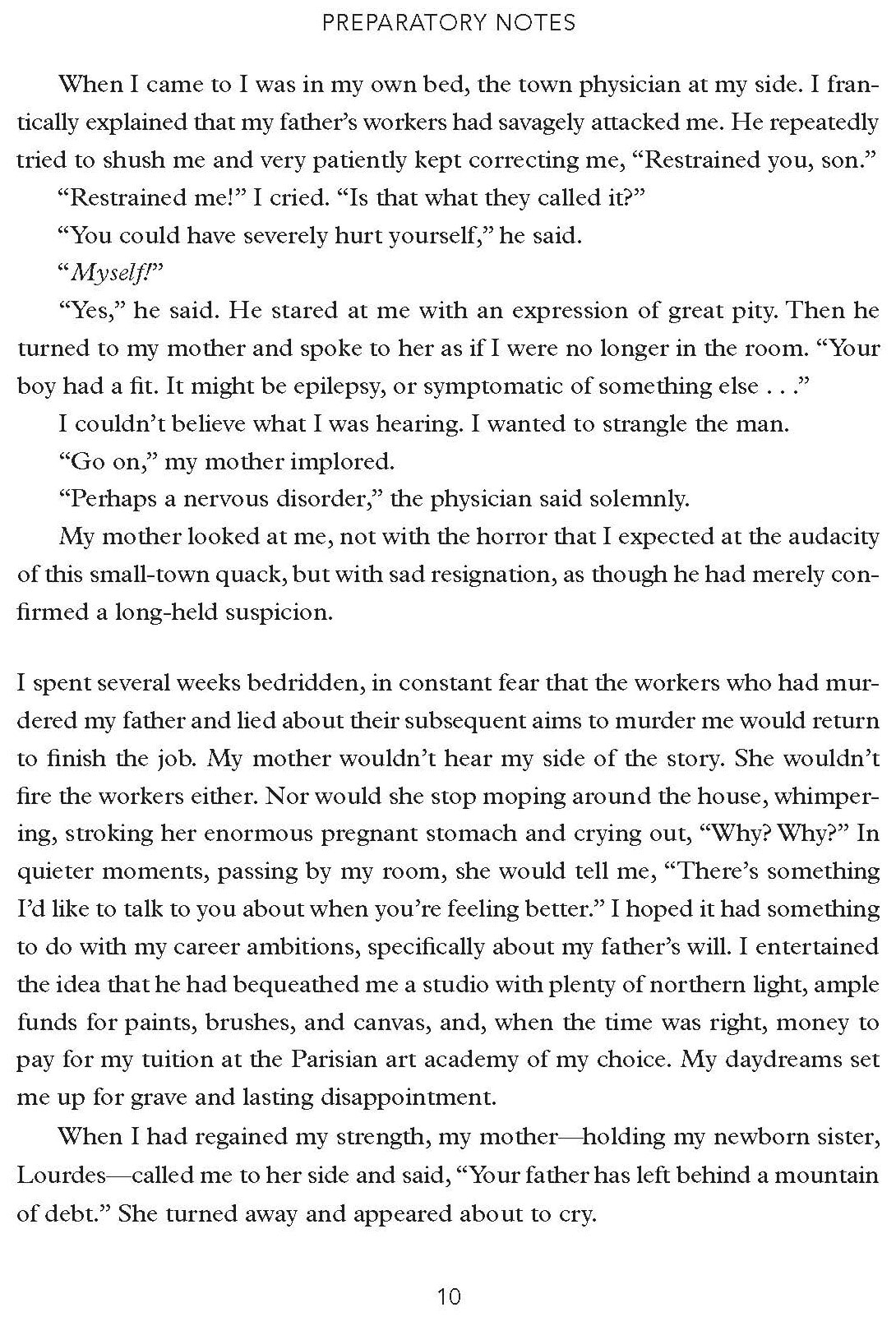
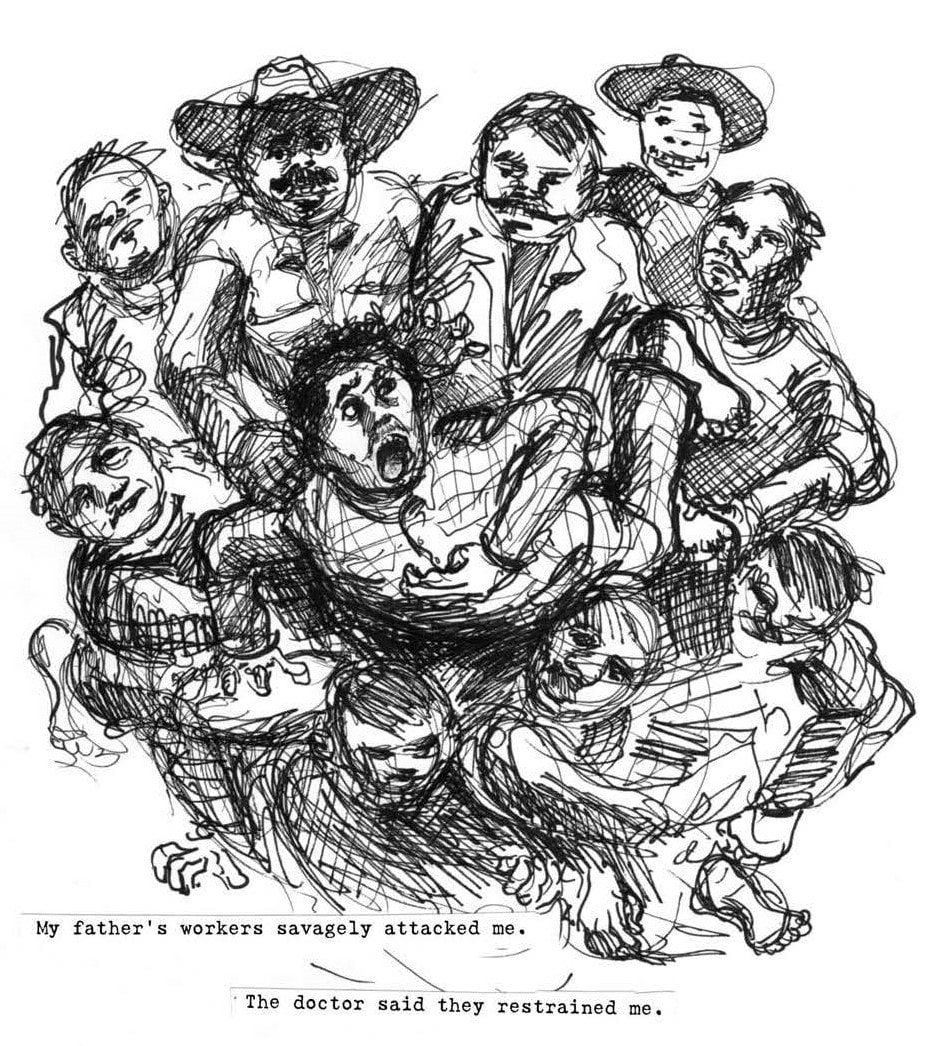
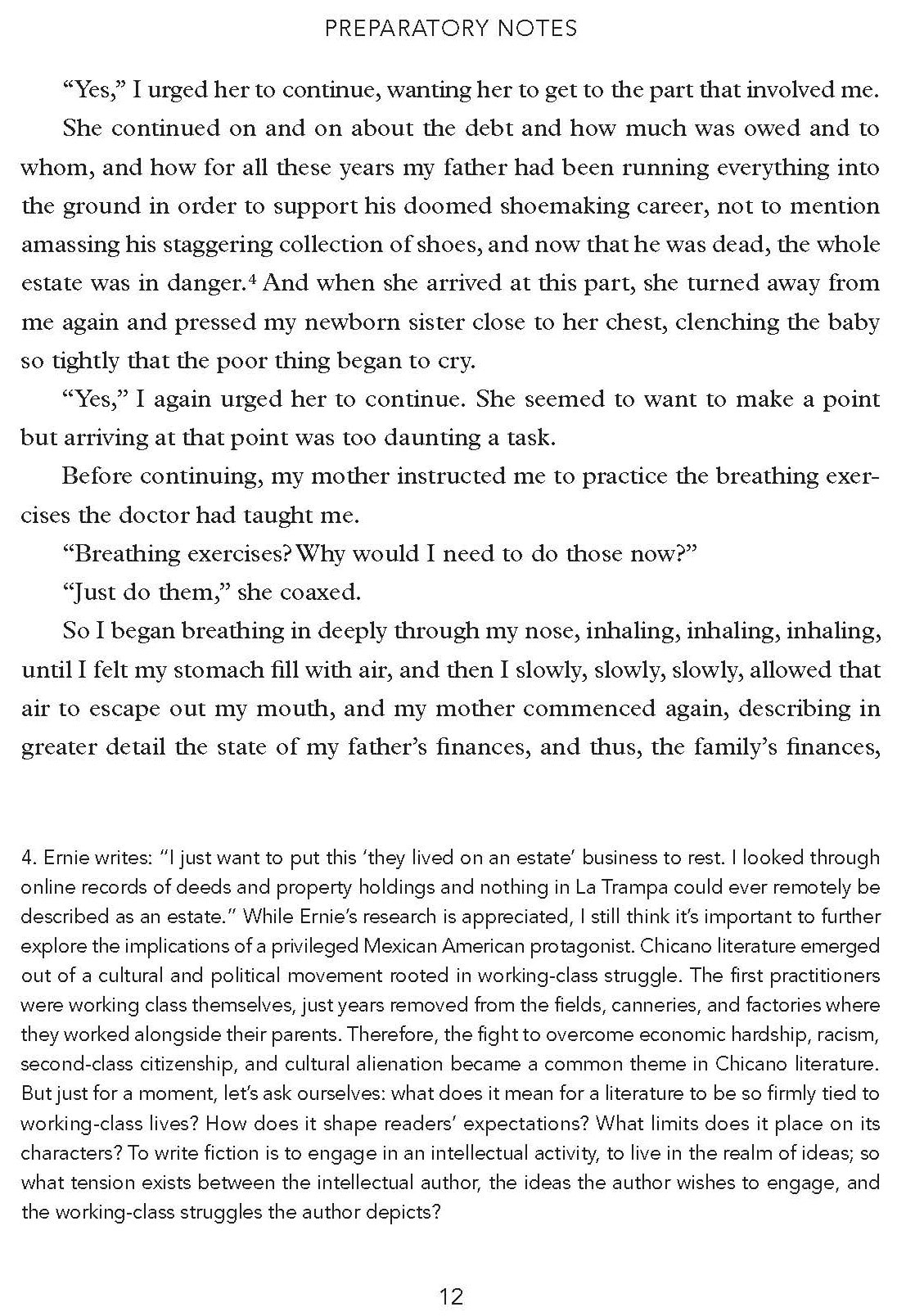
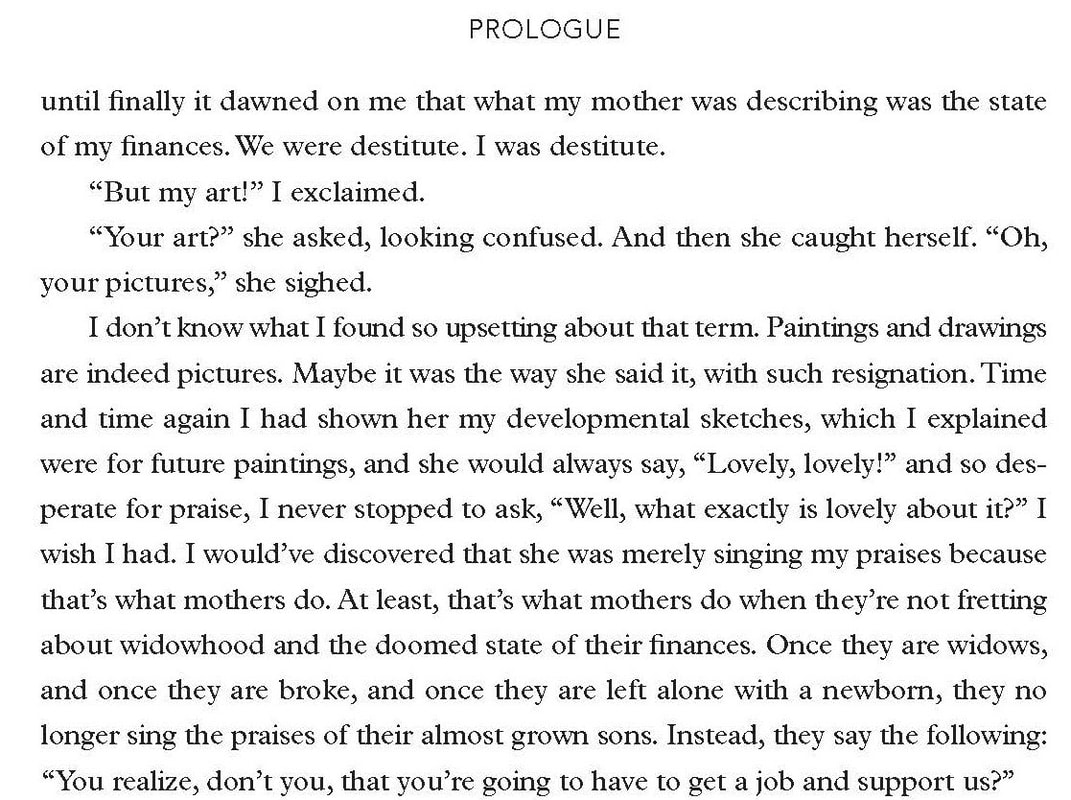
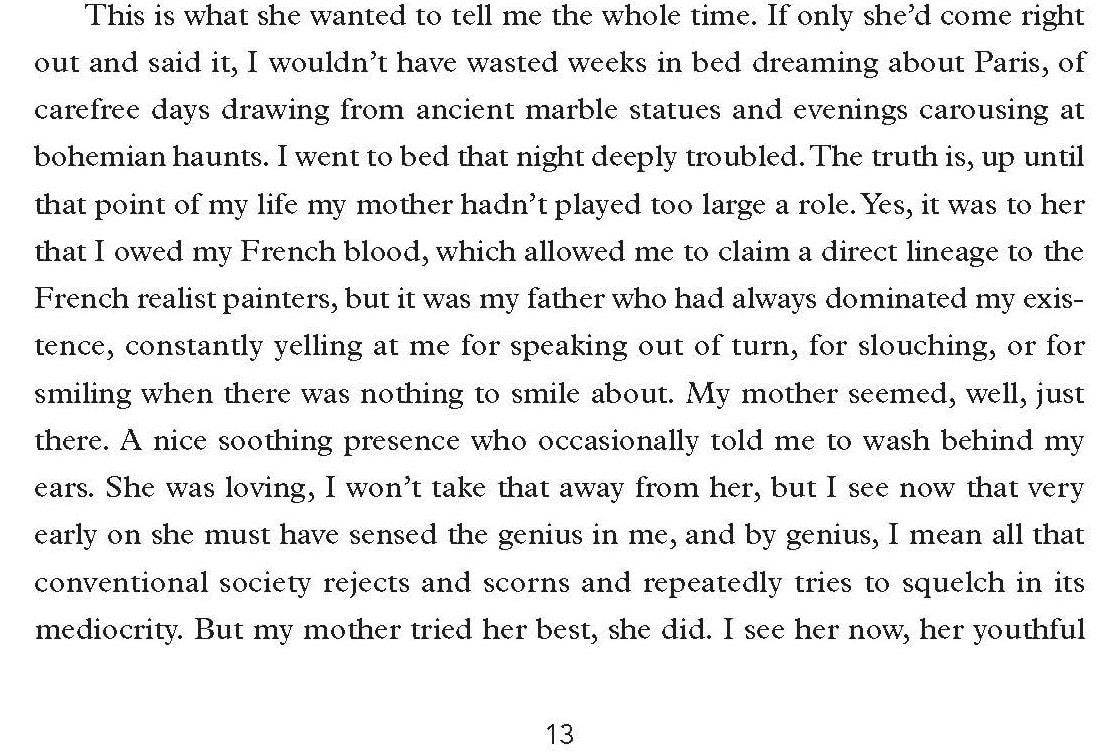
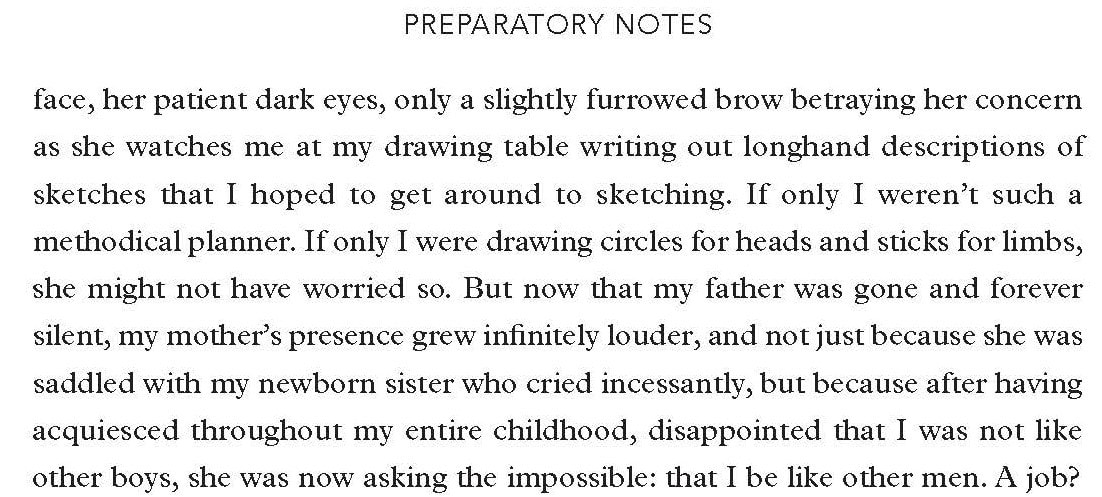
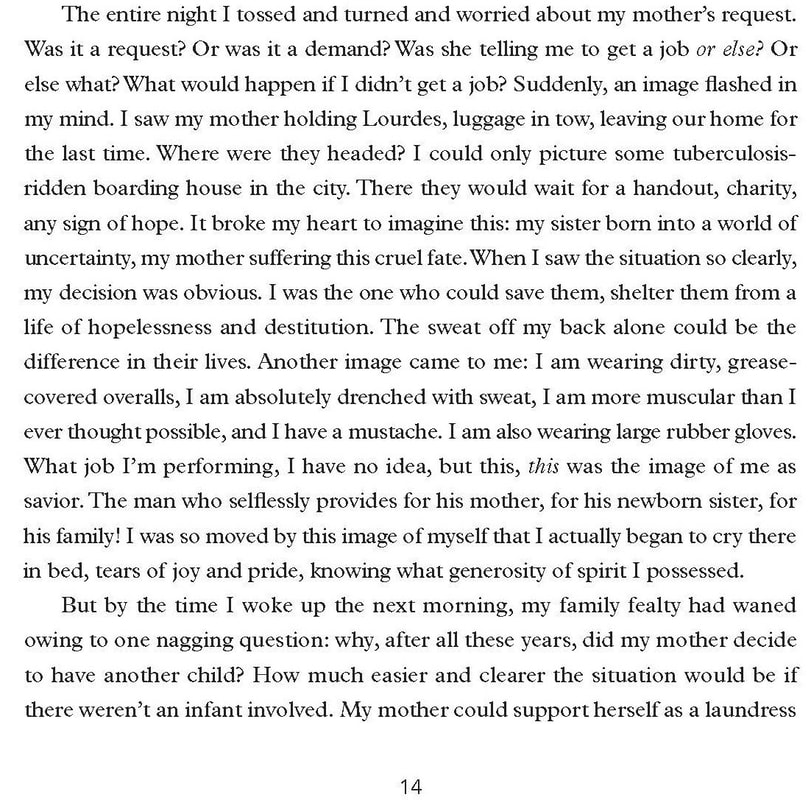
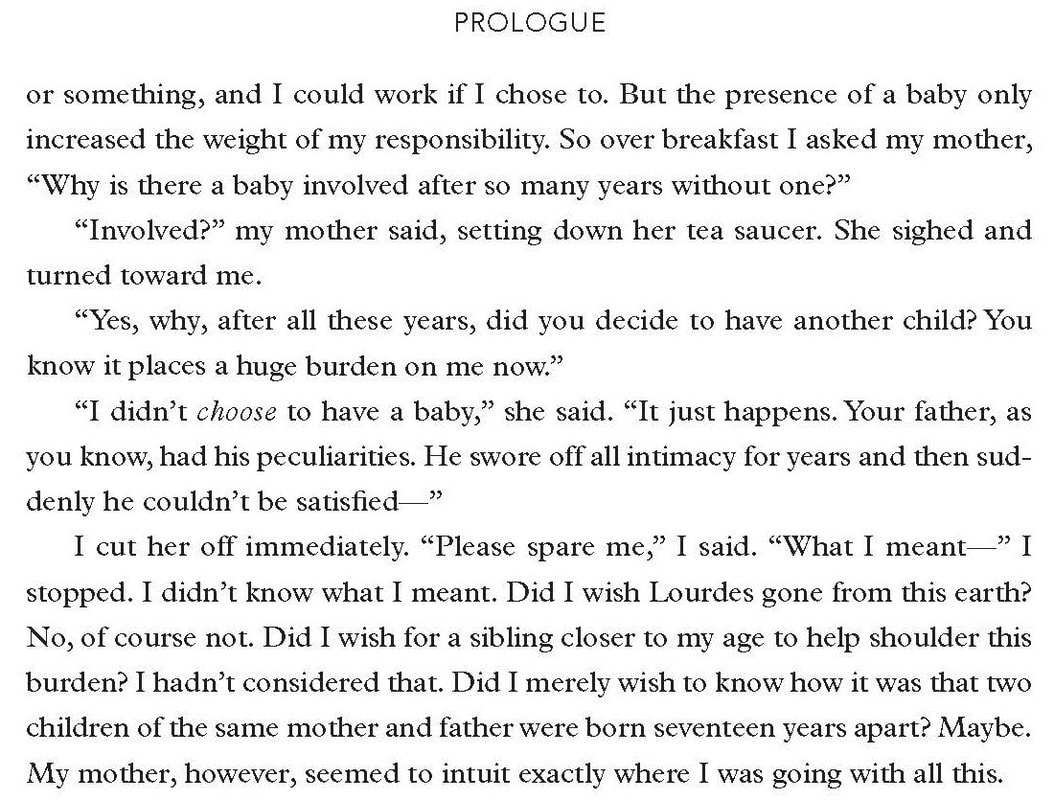
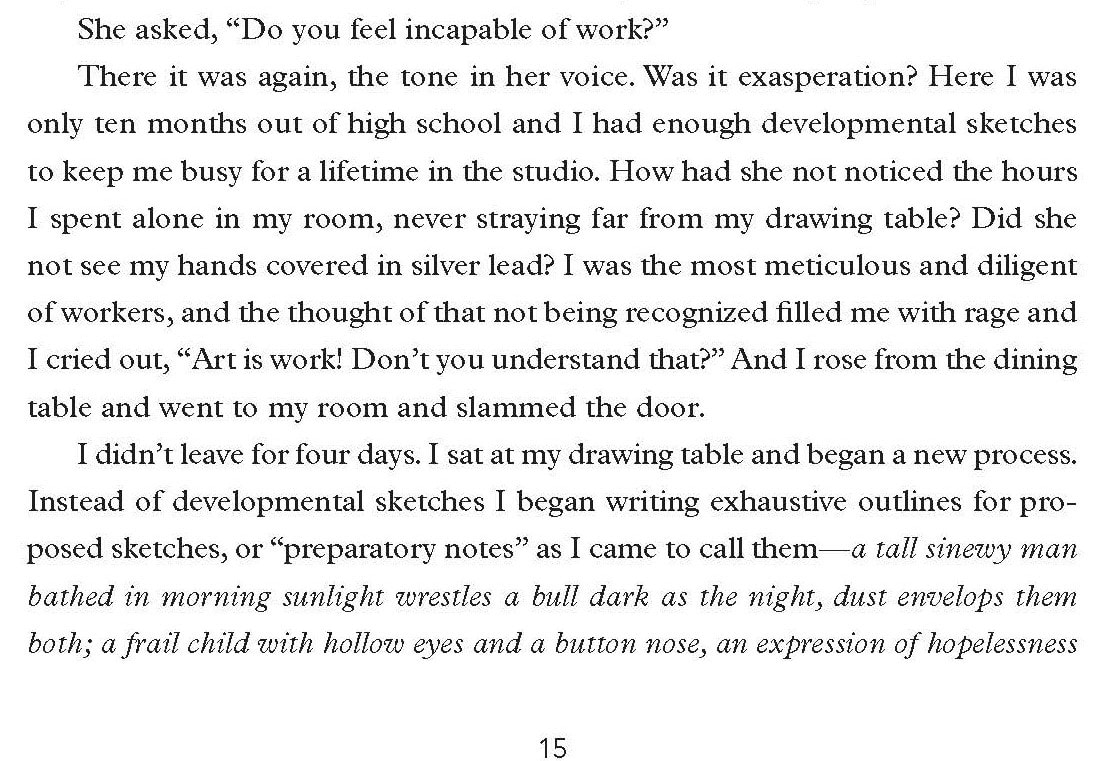
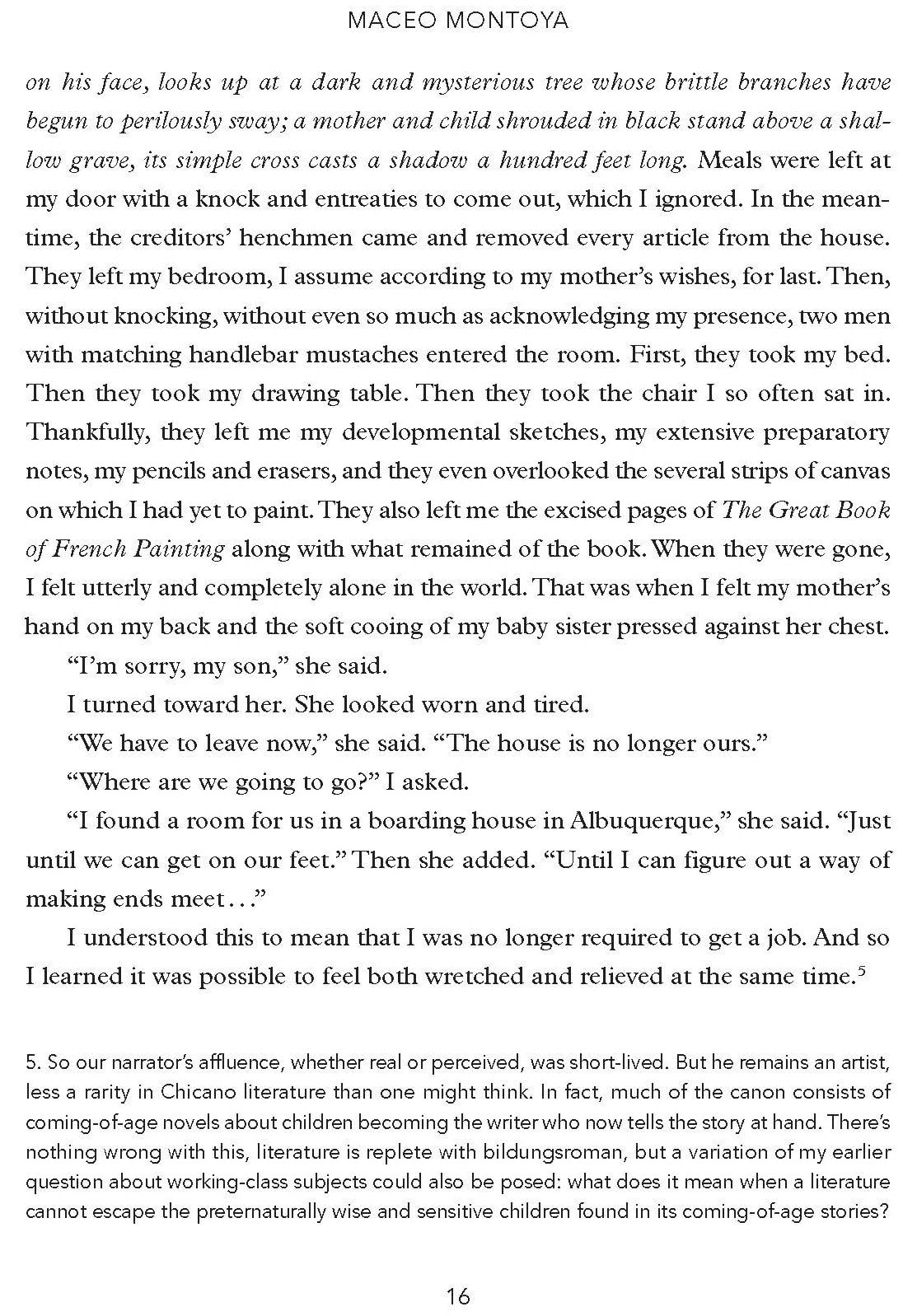
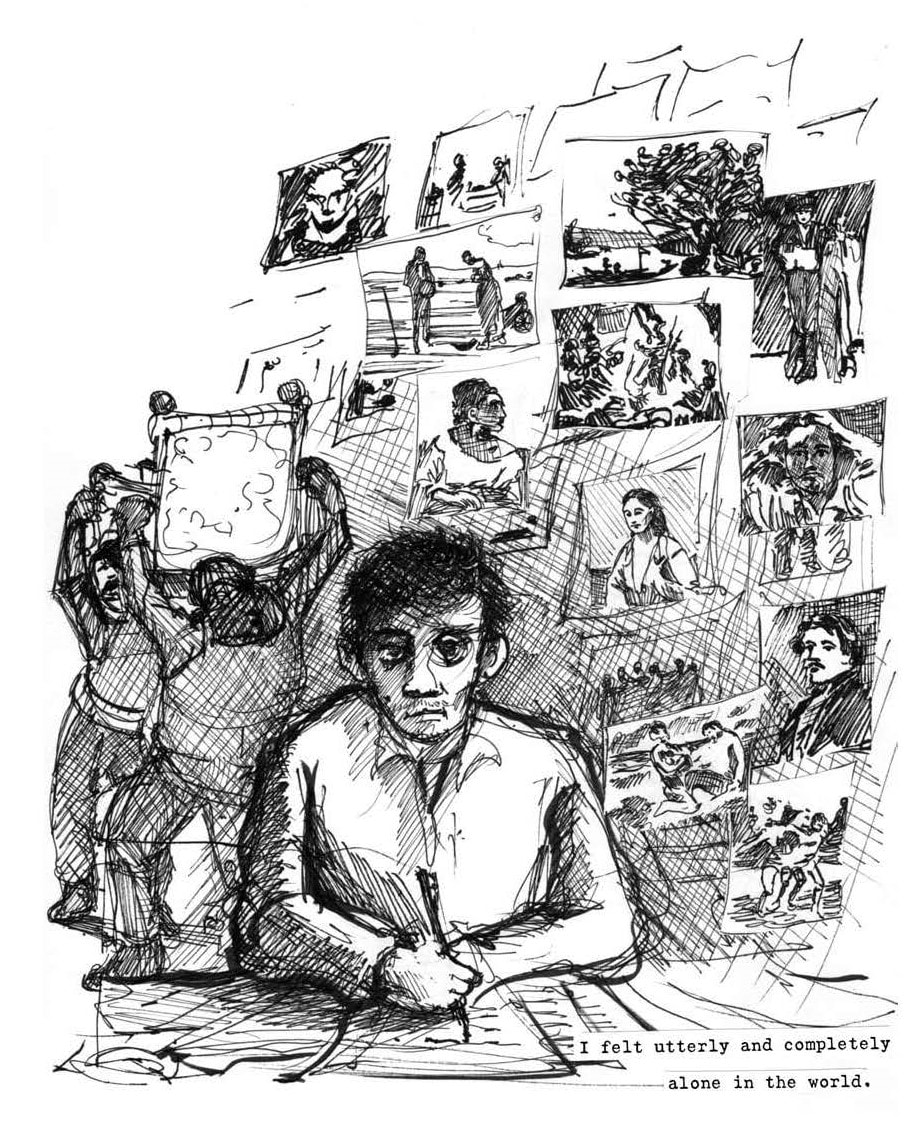
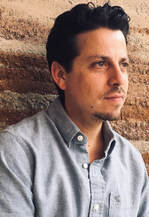









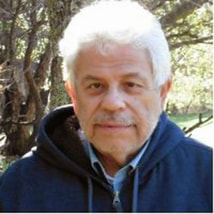

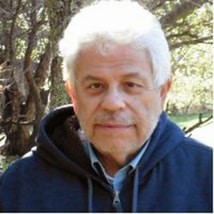
 RSS Feed
RSS Feed